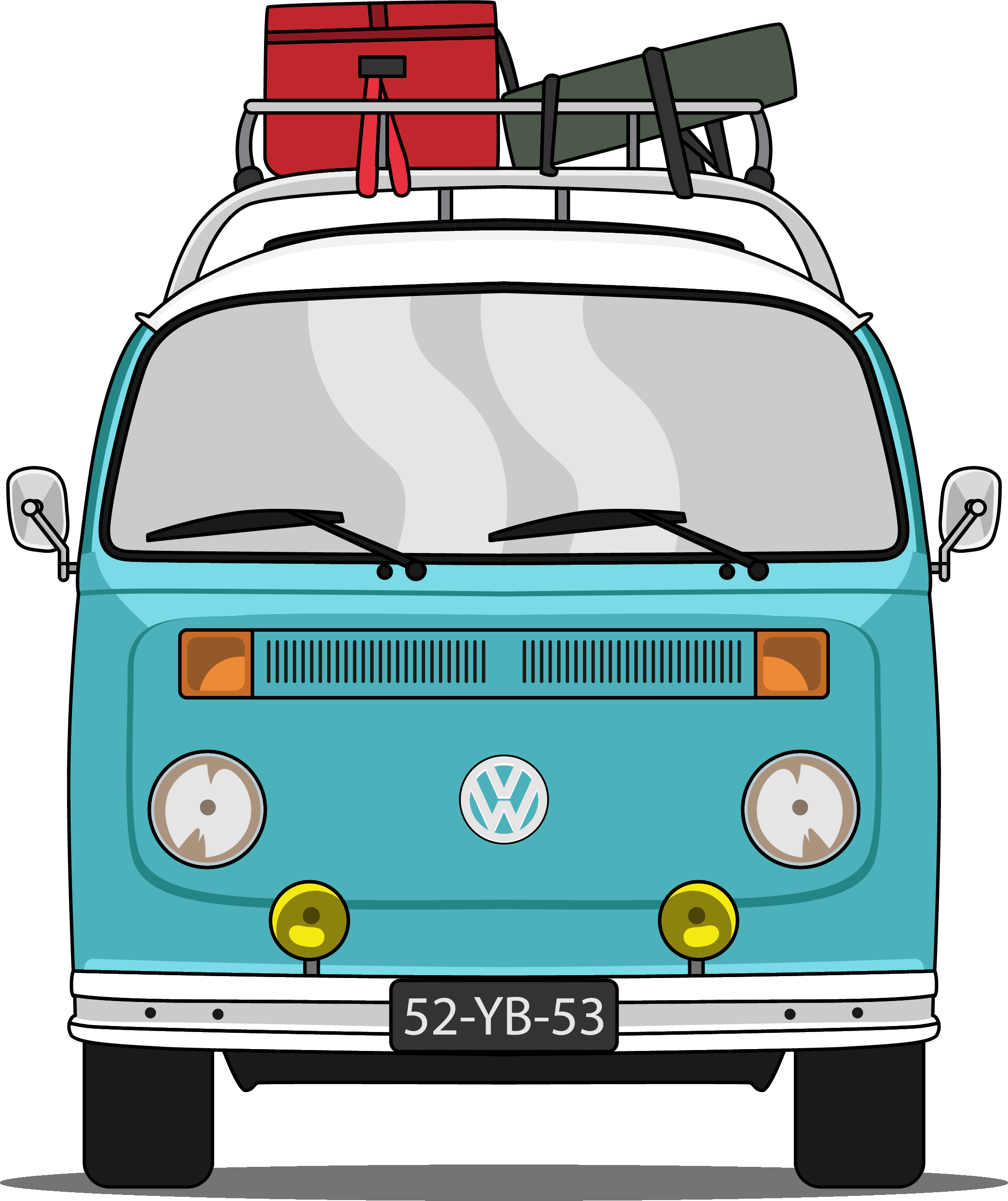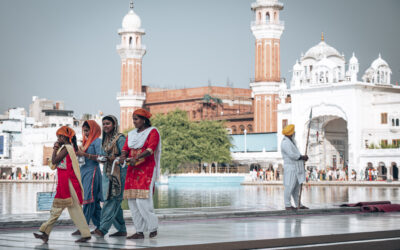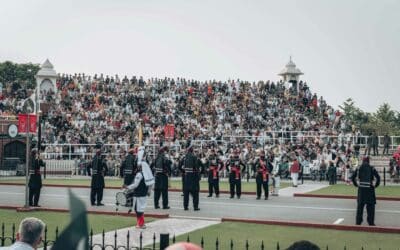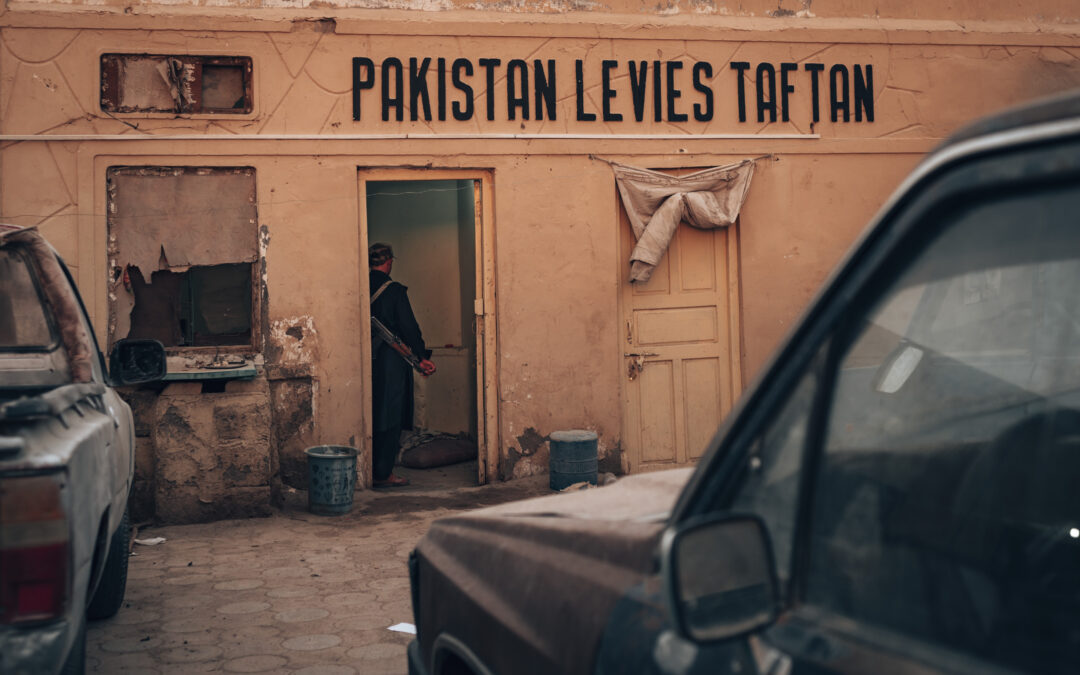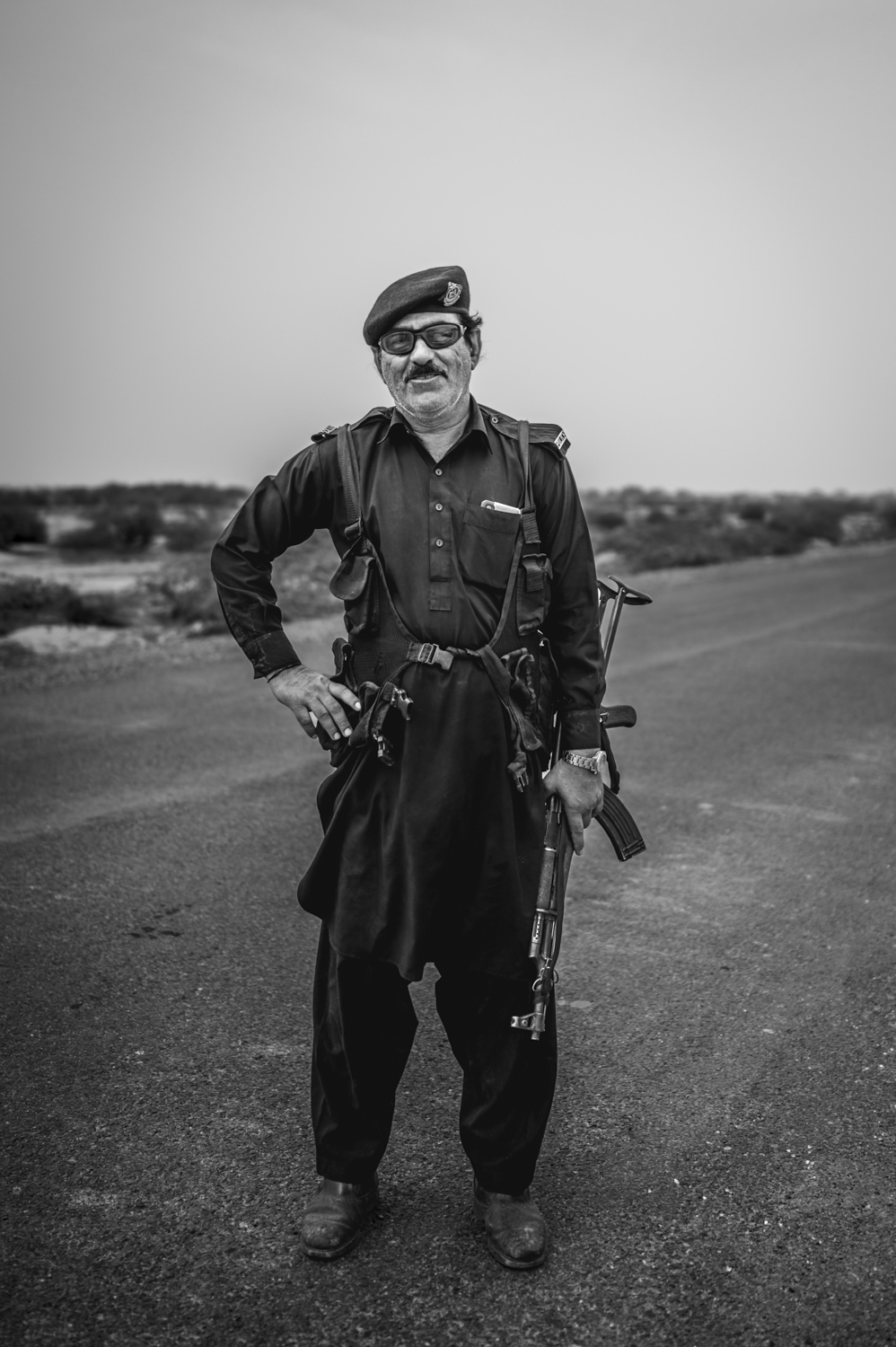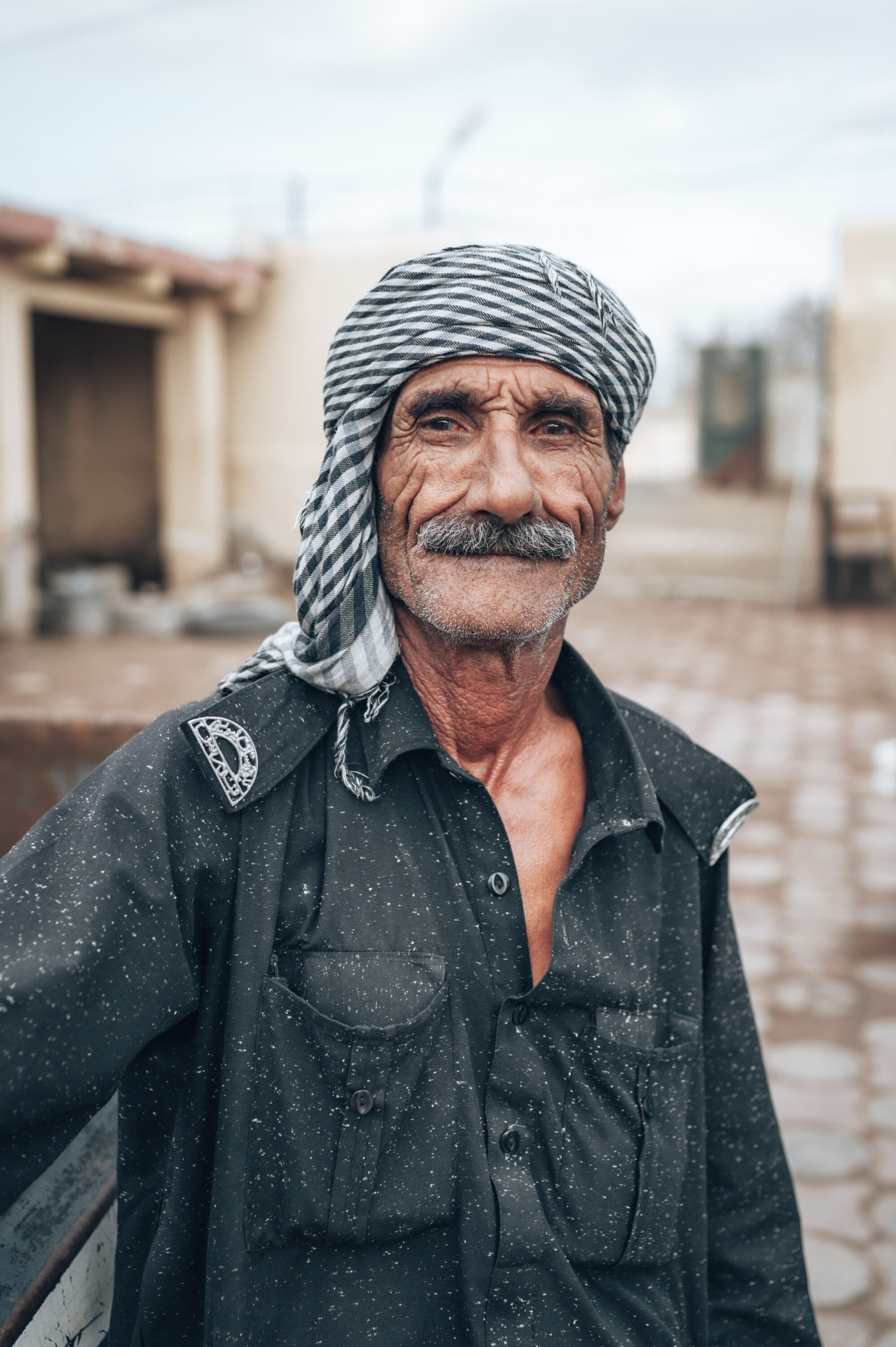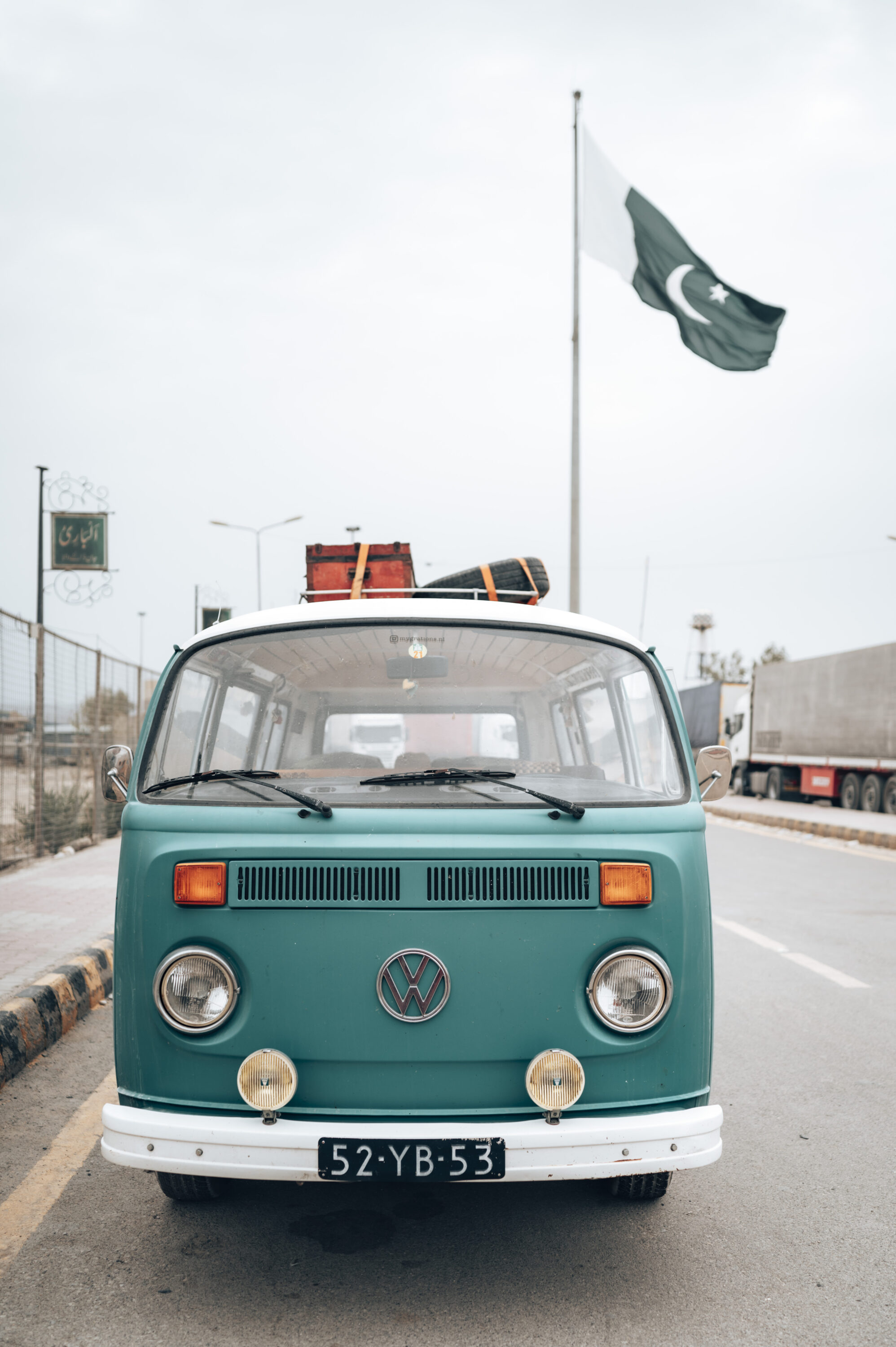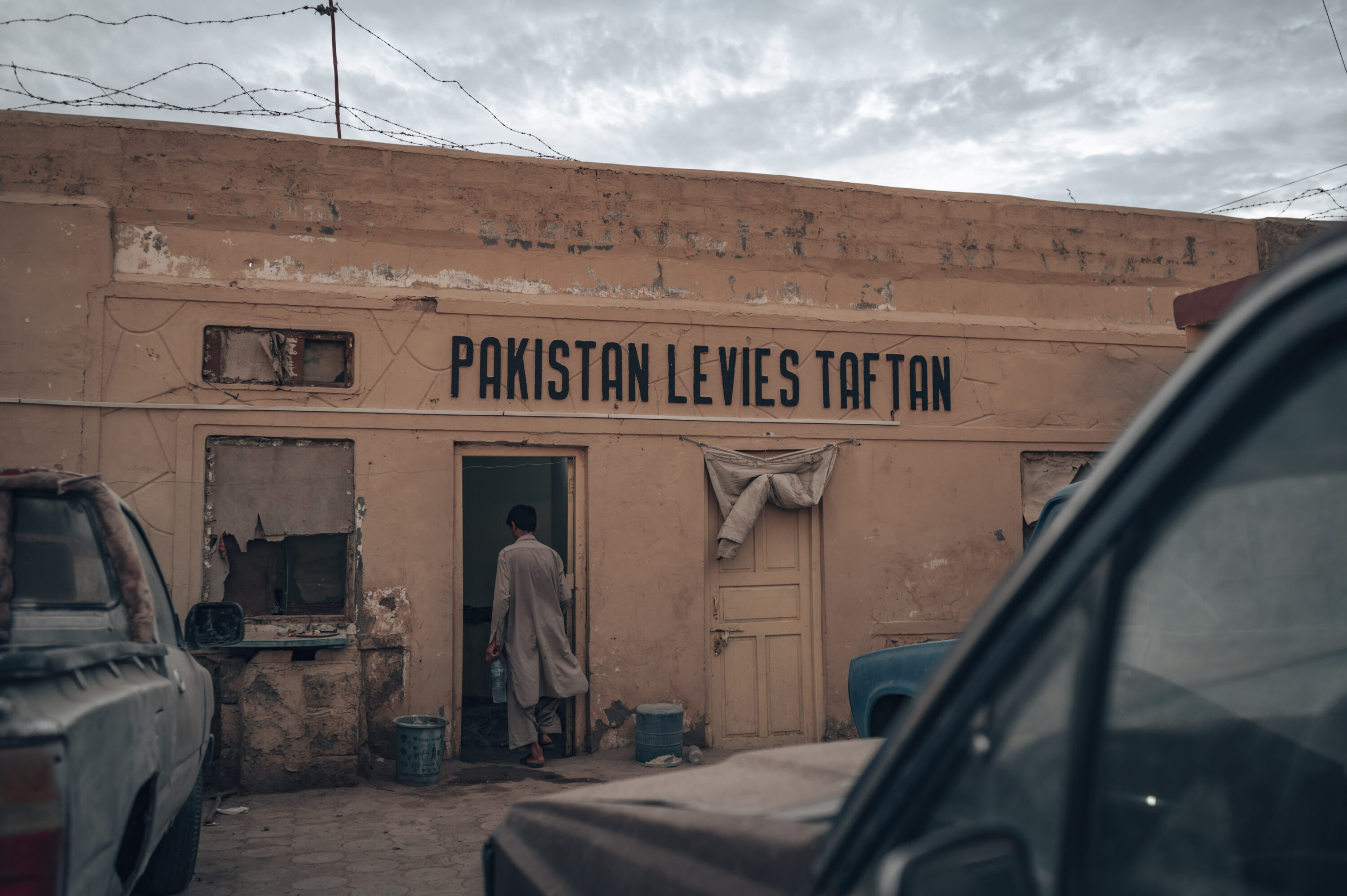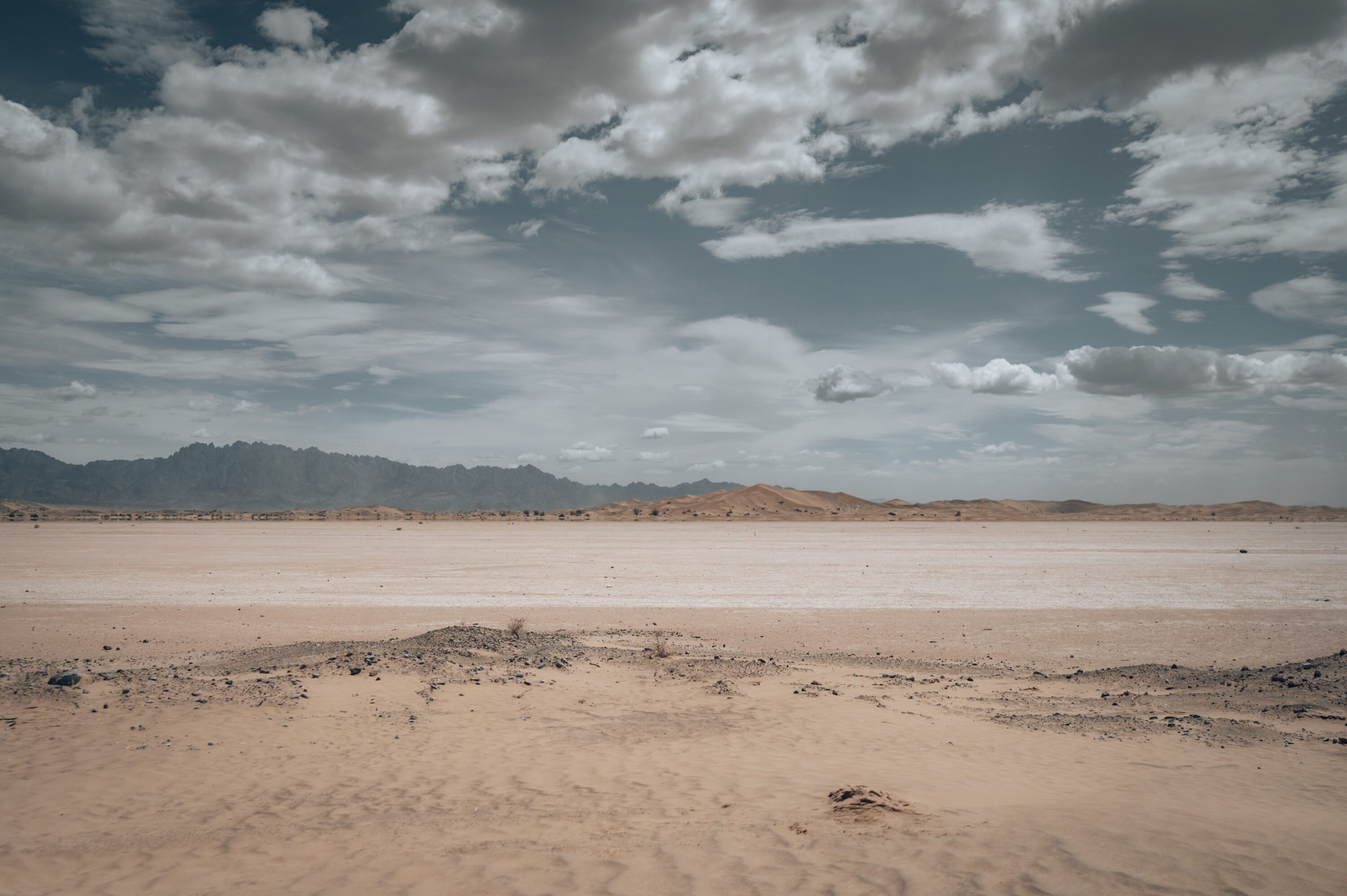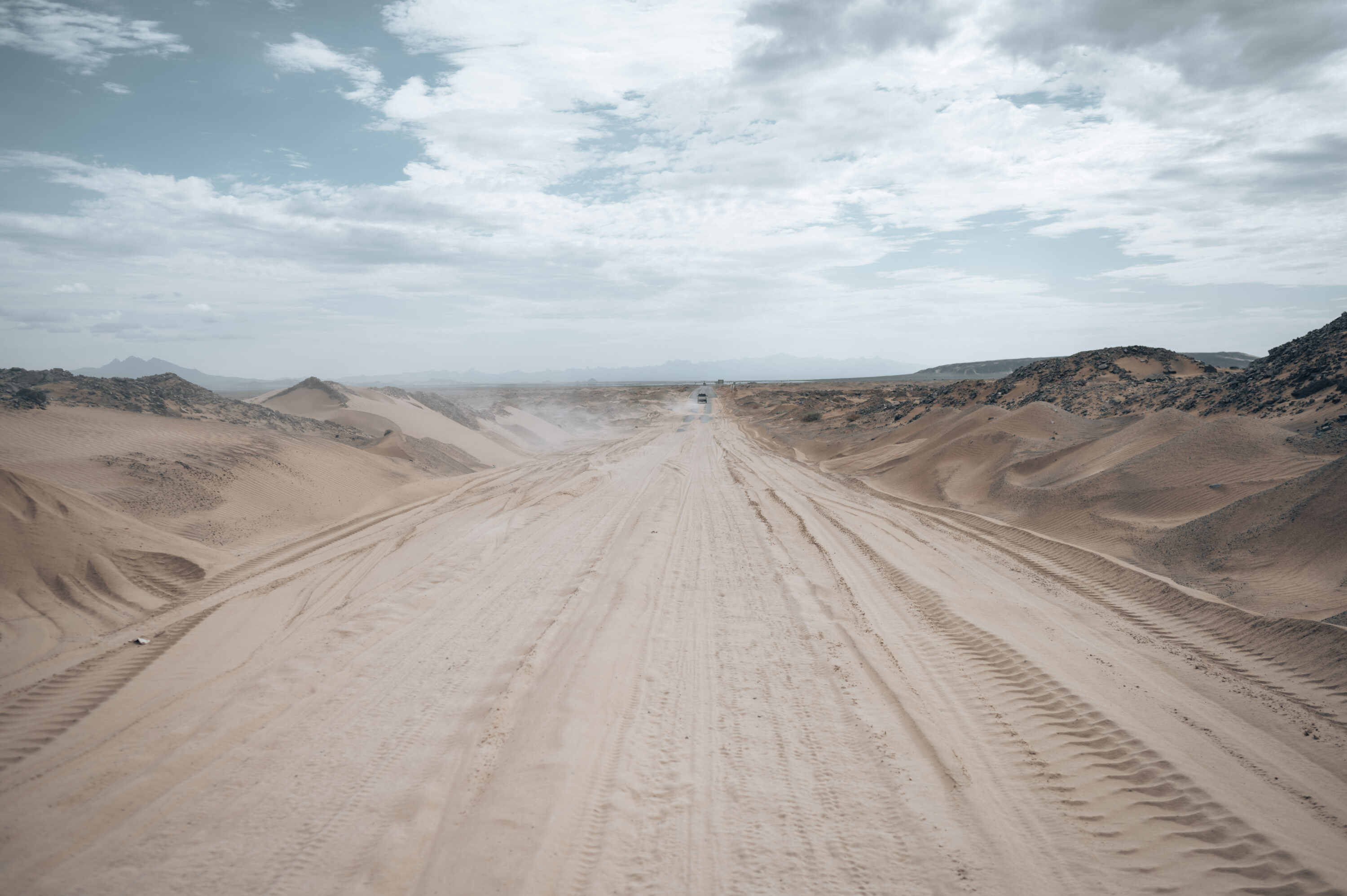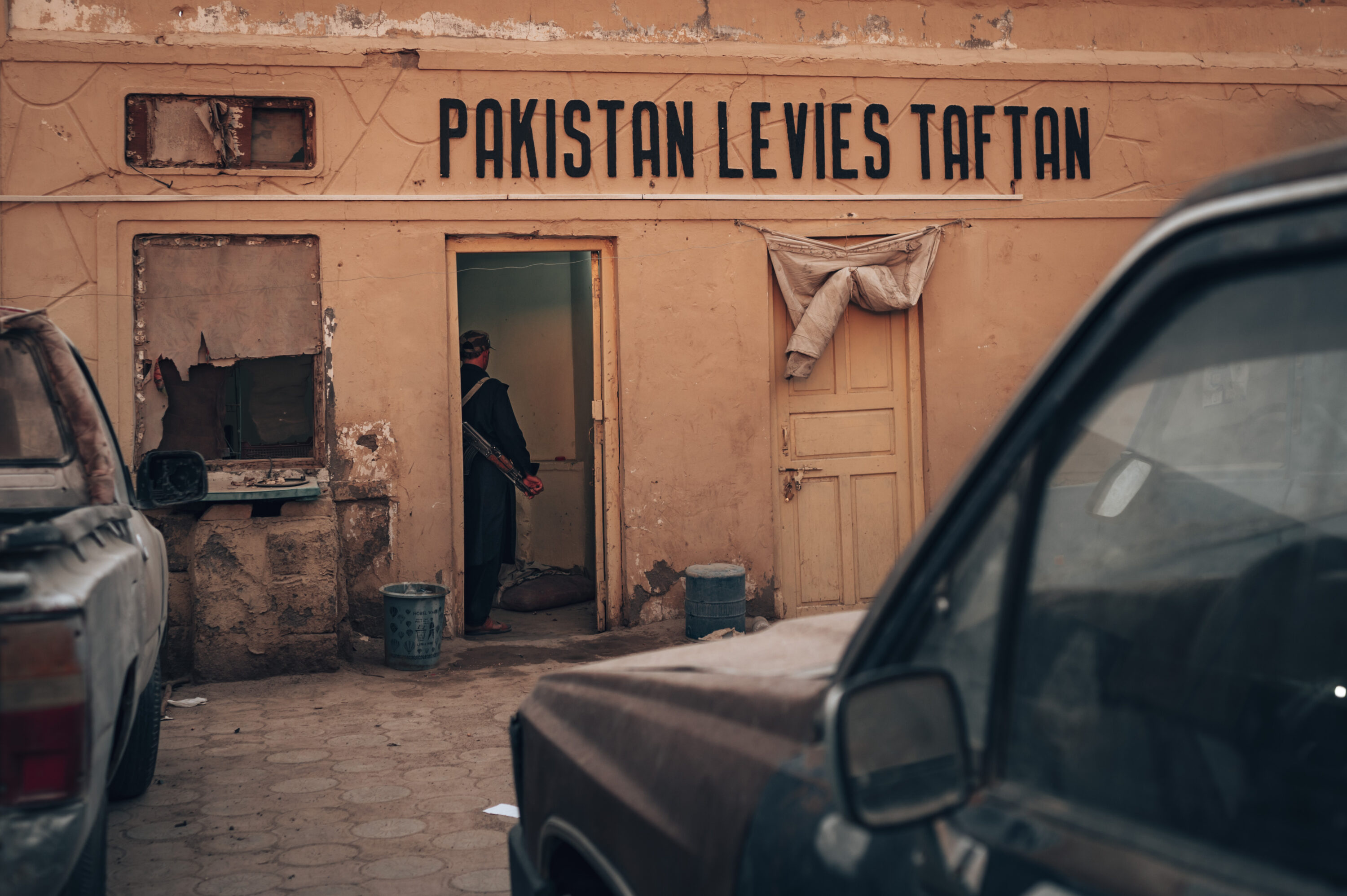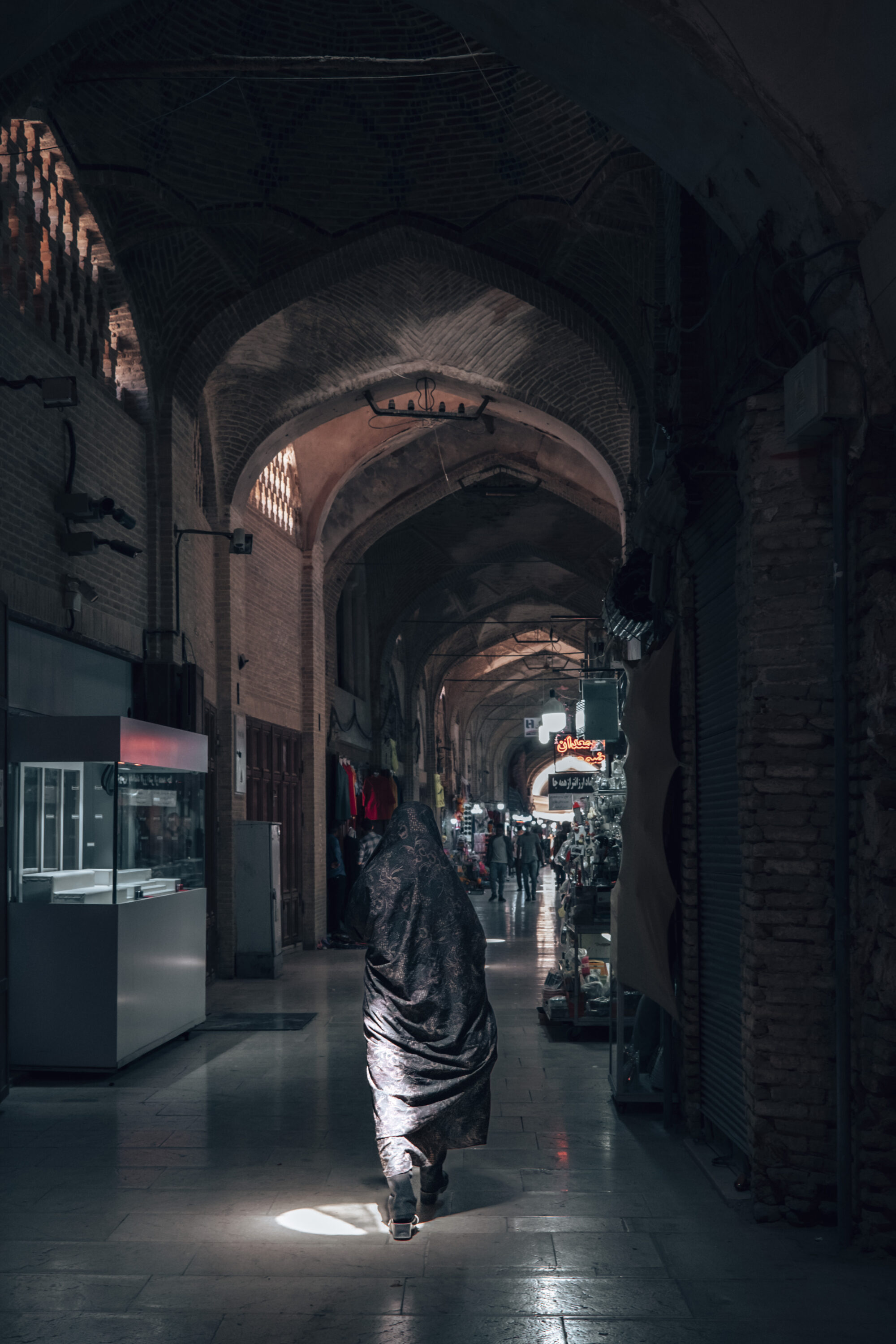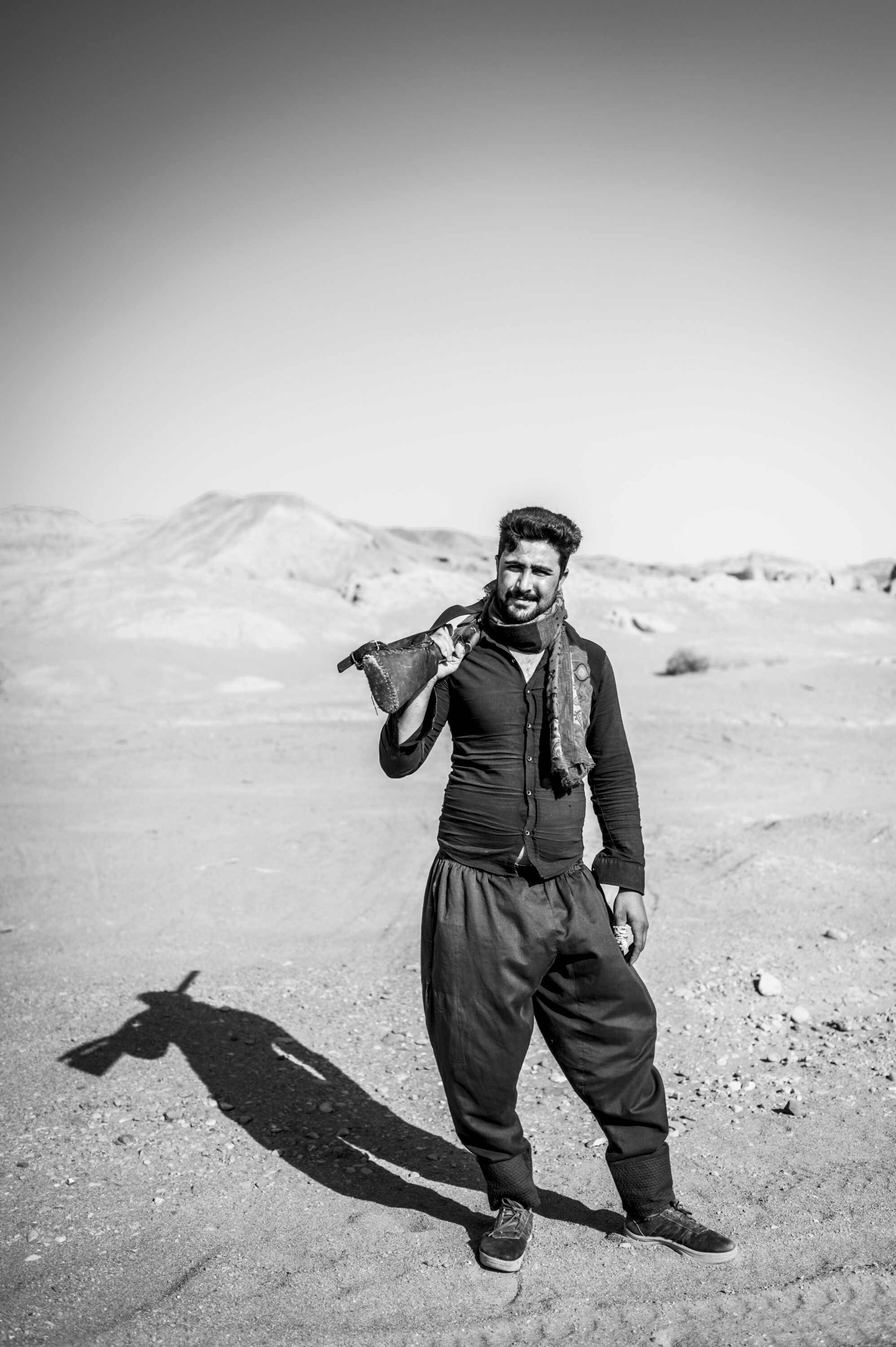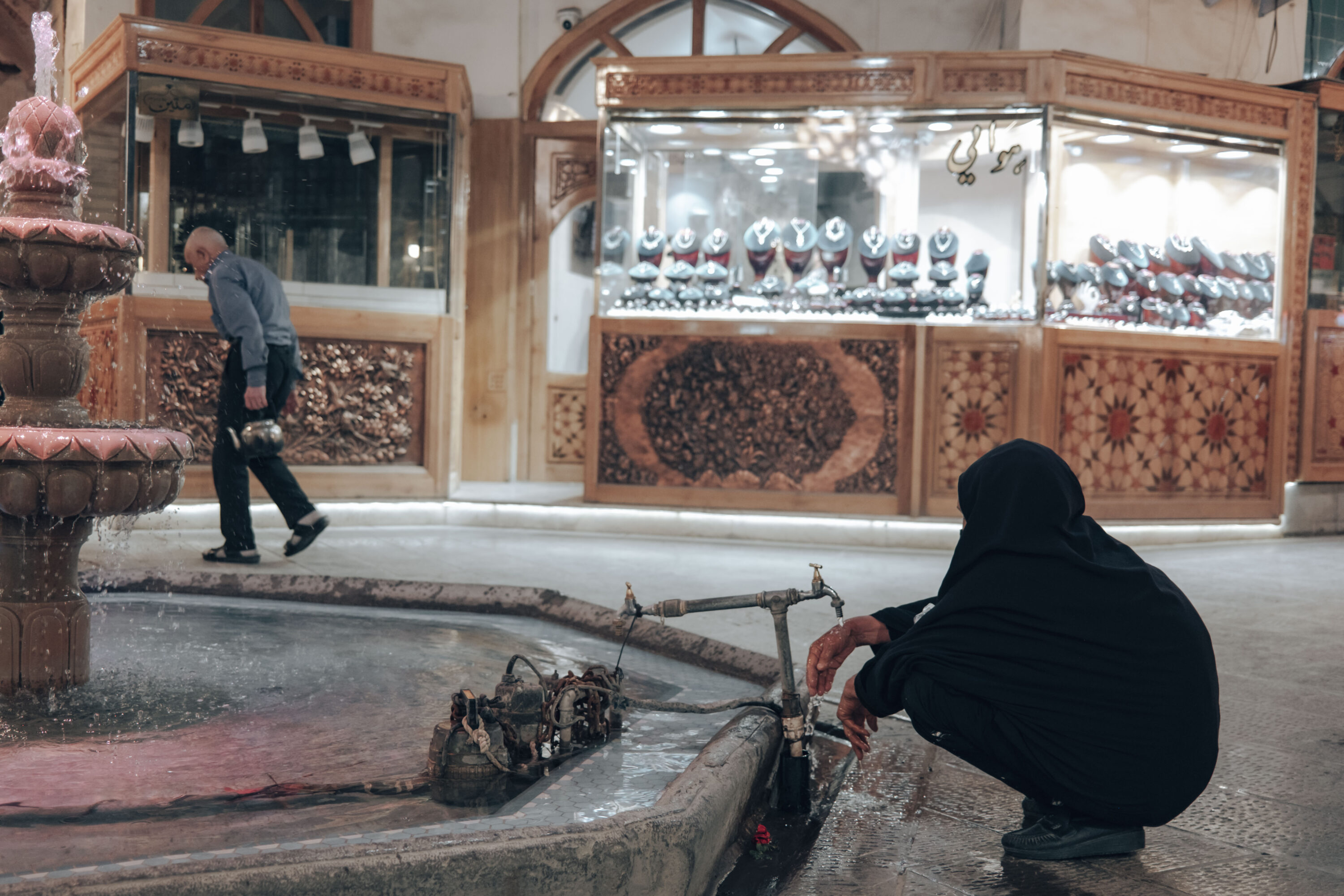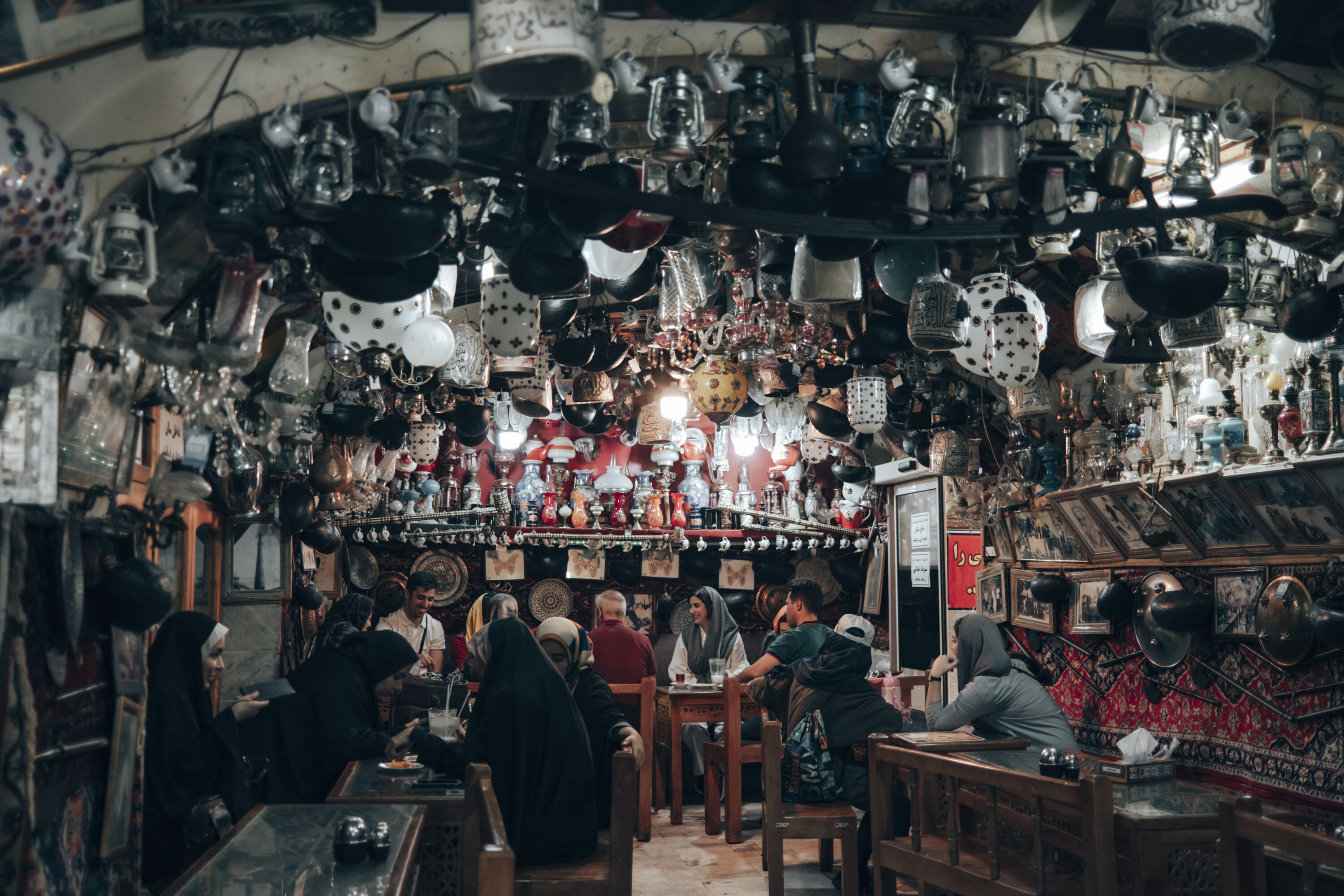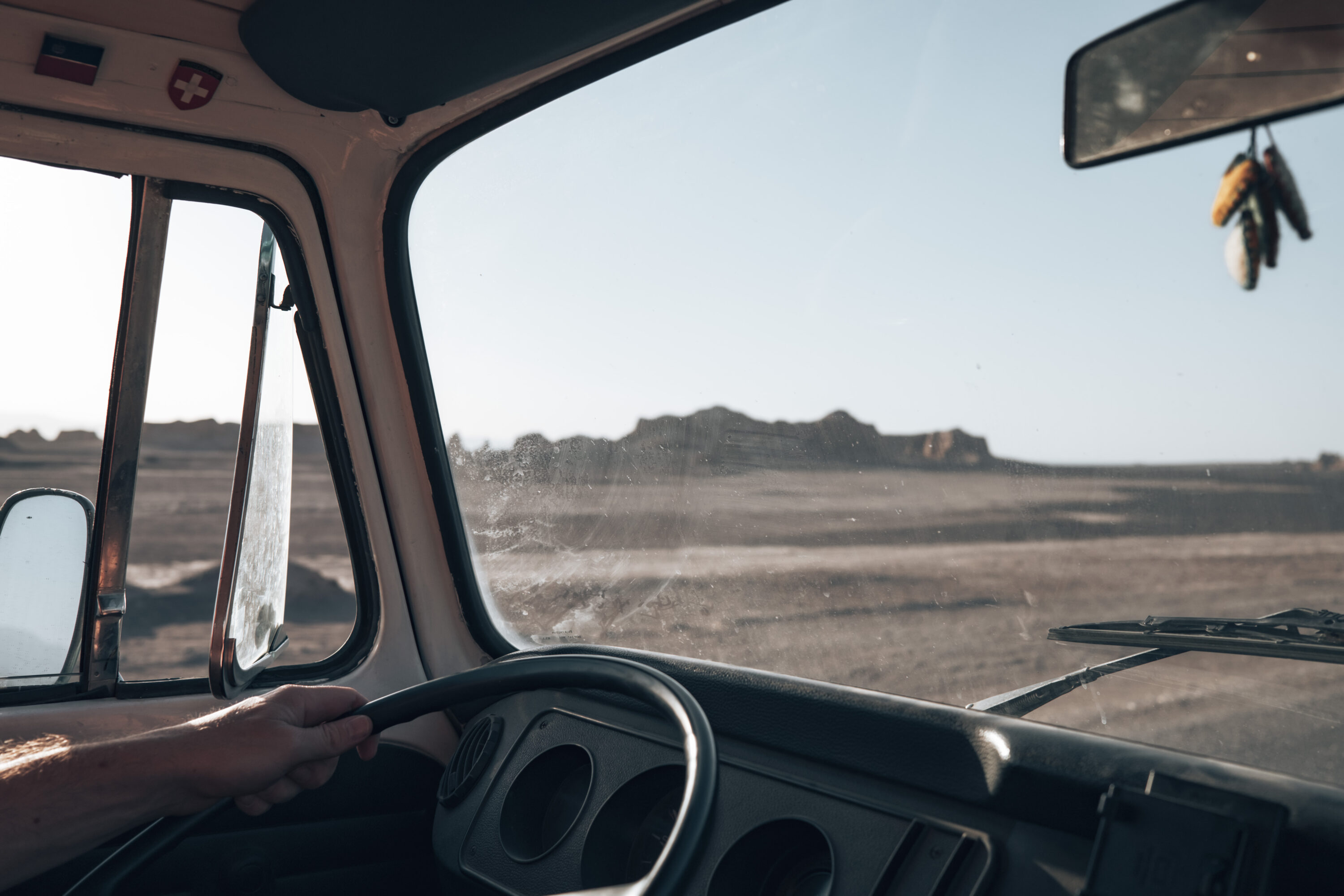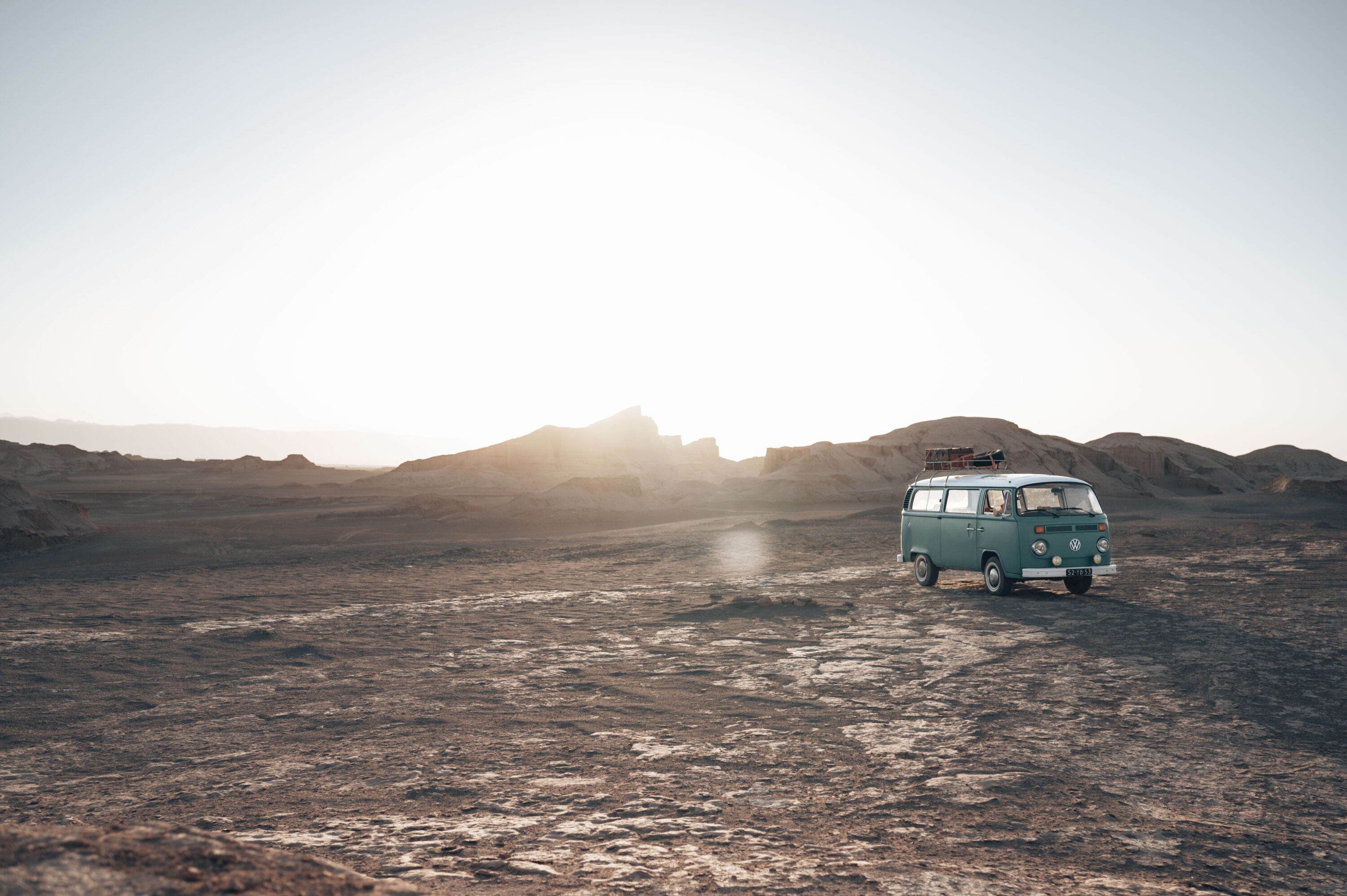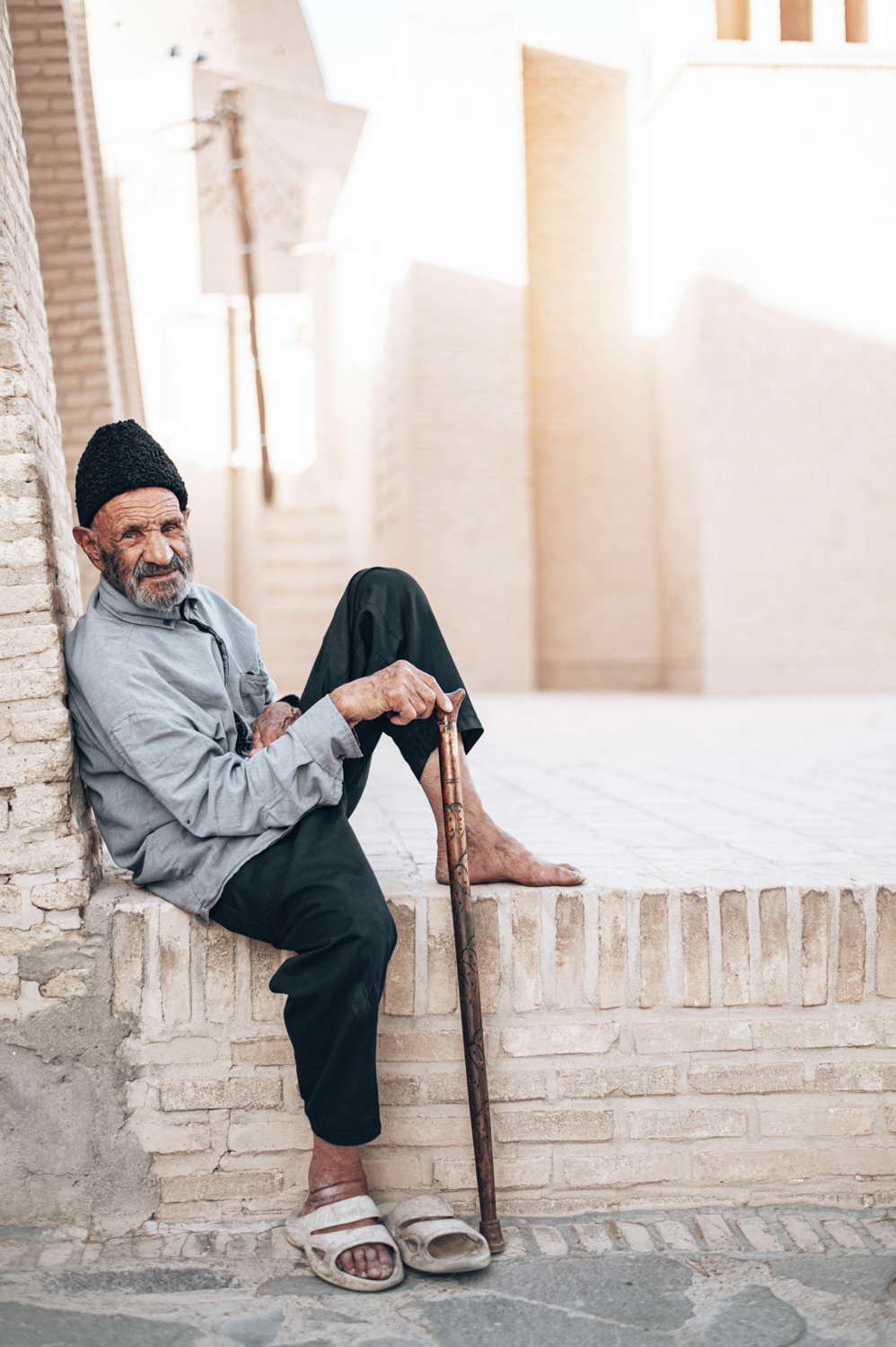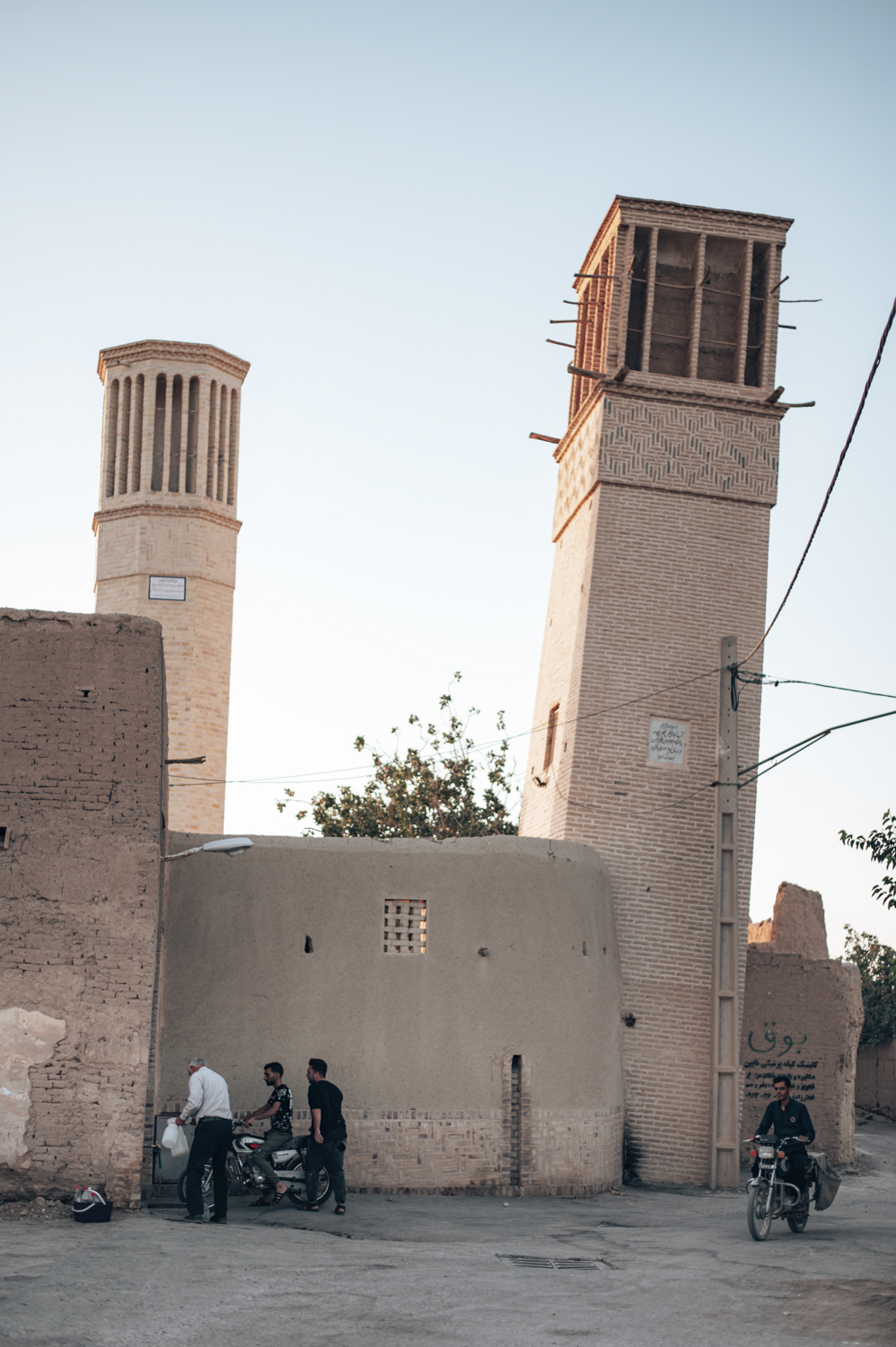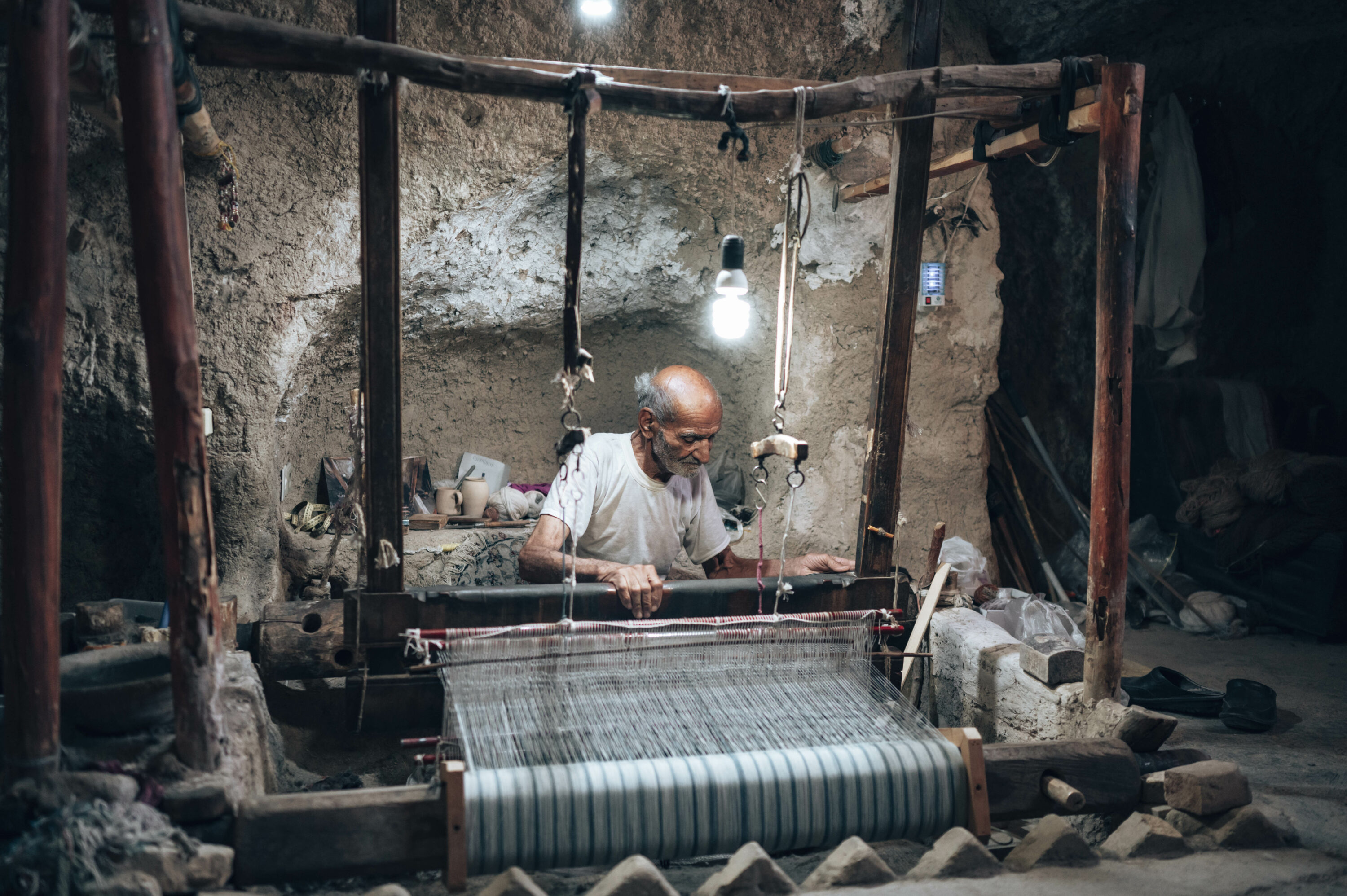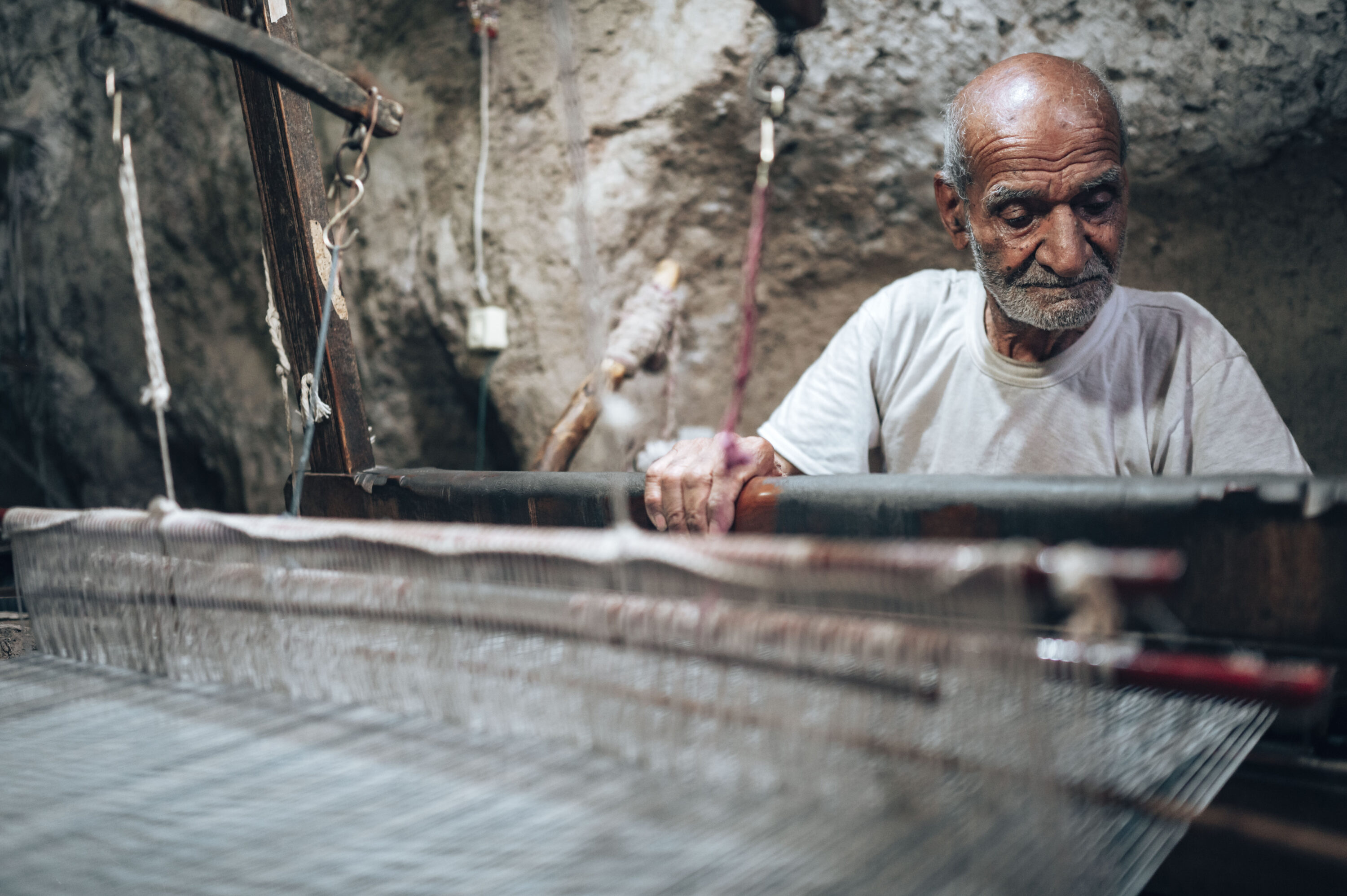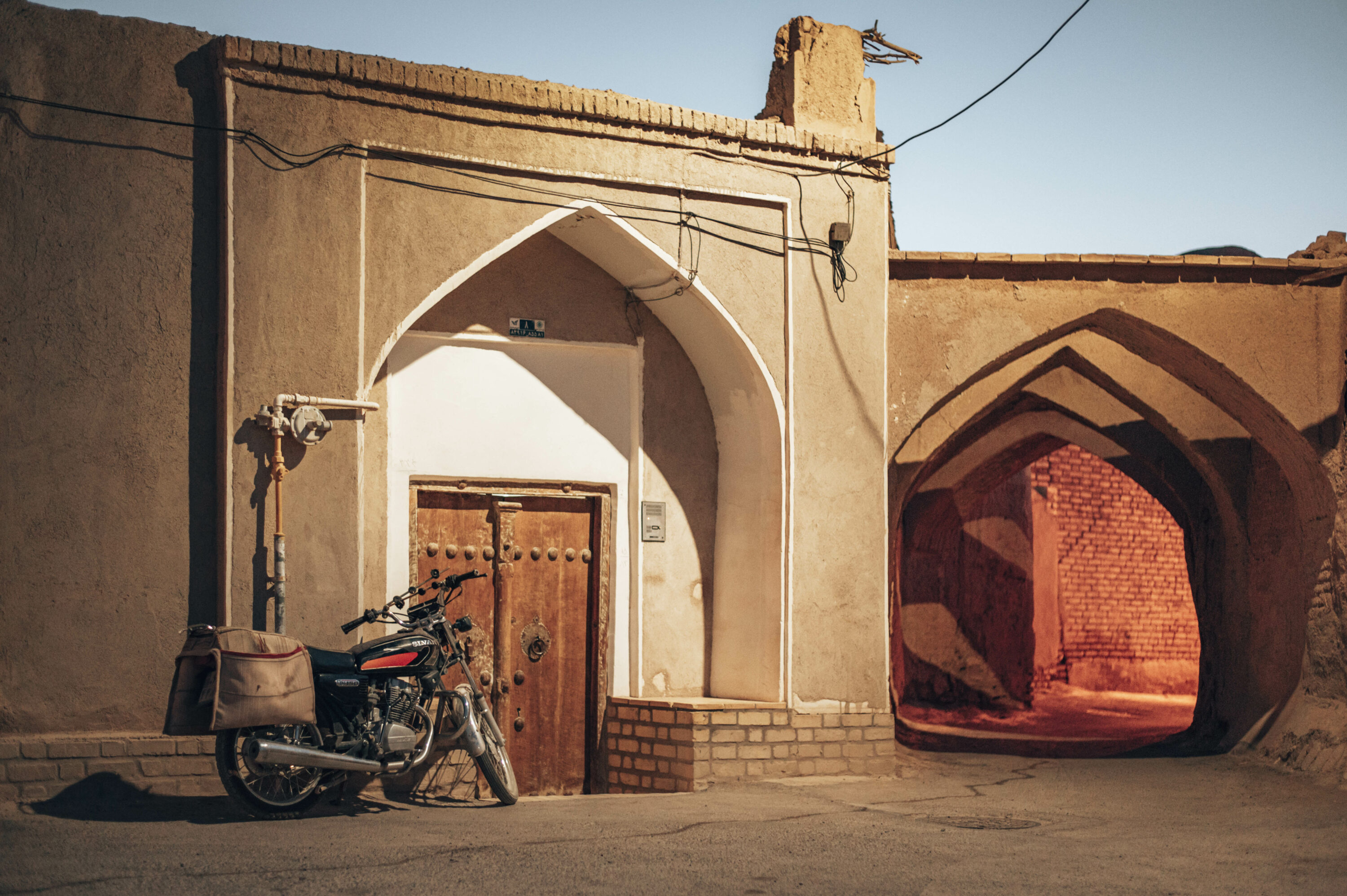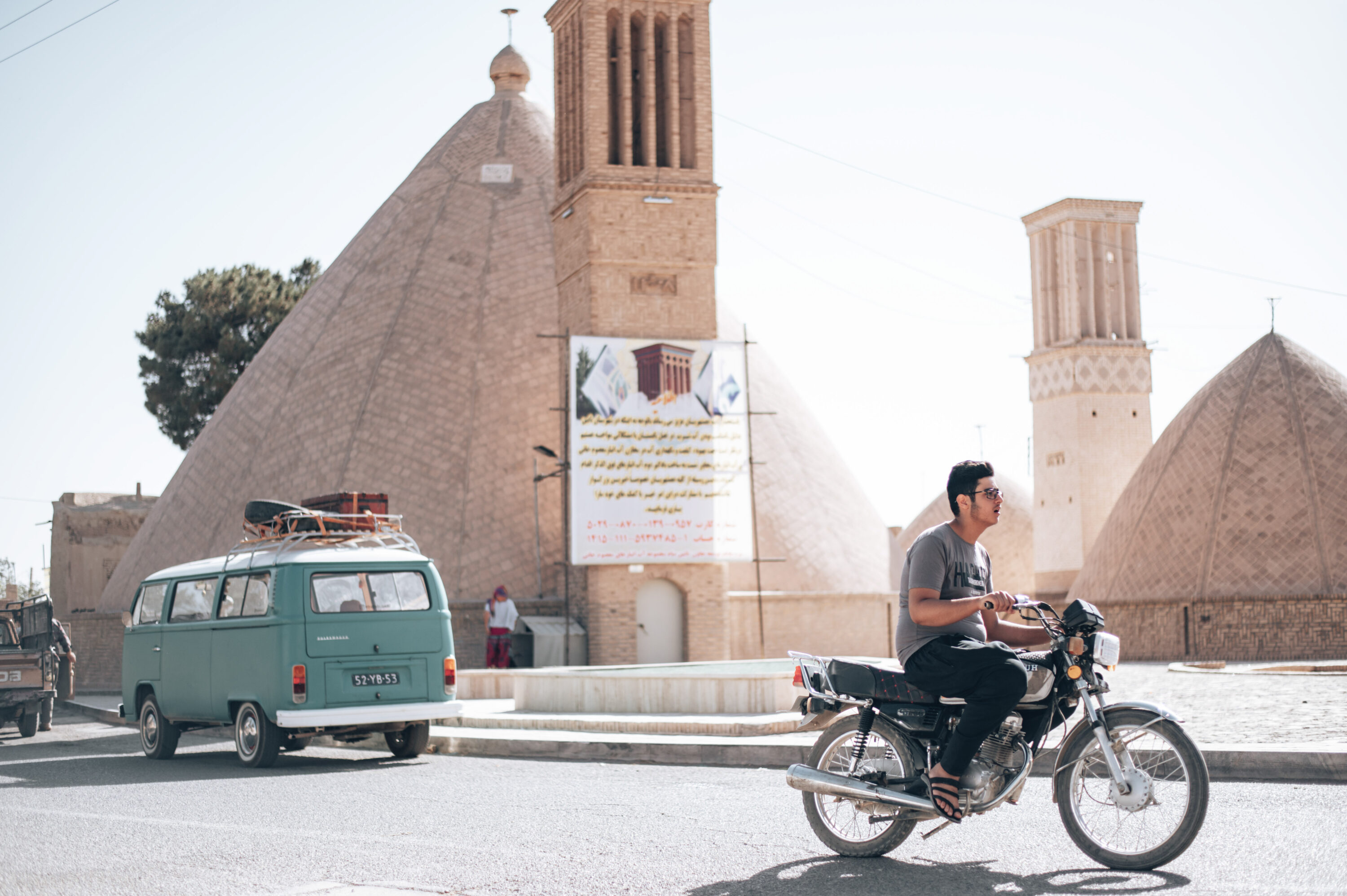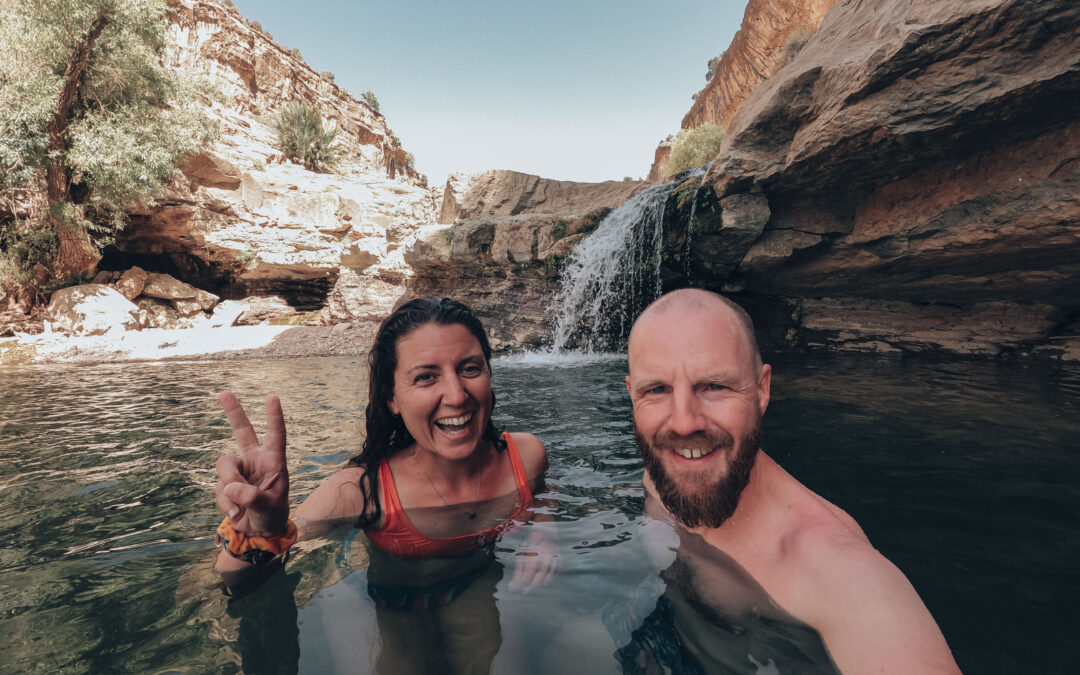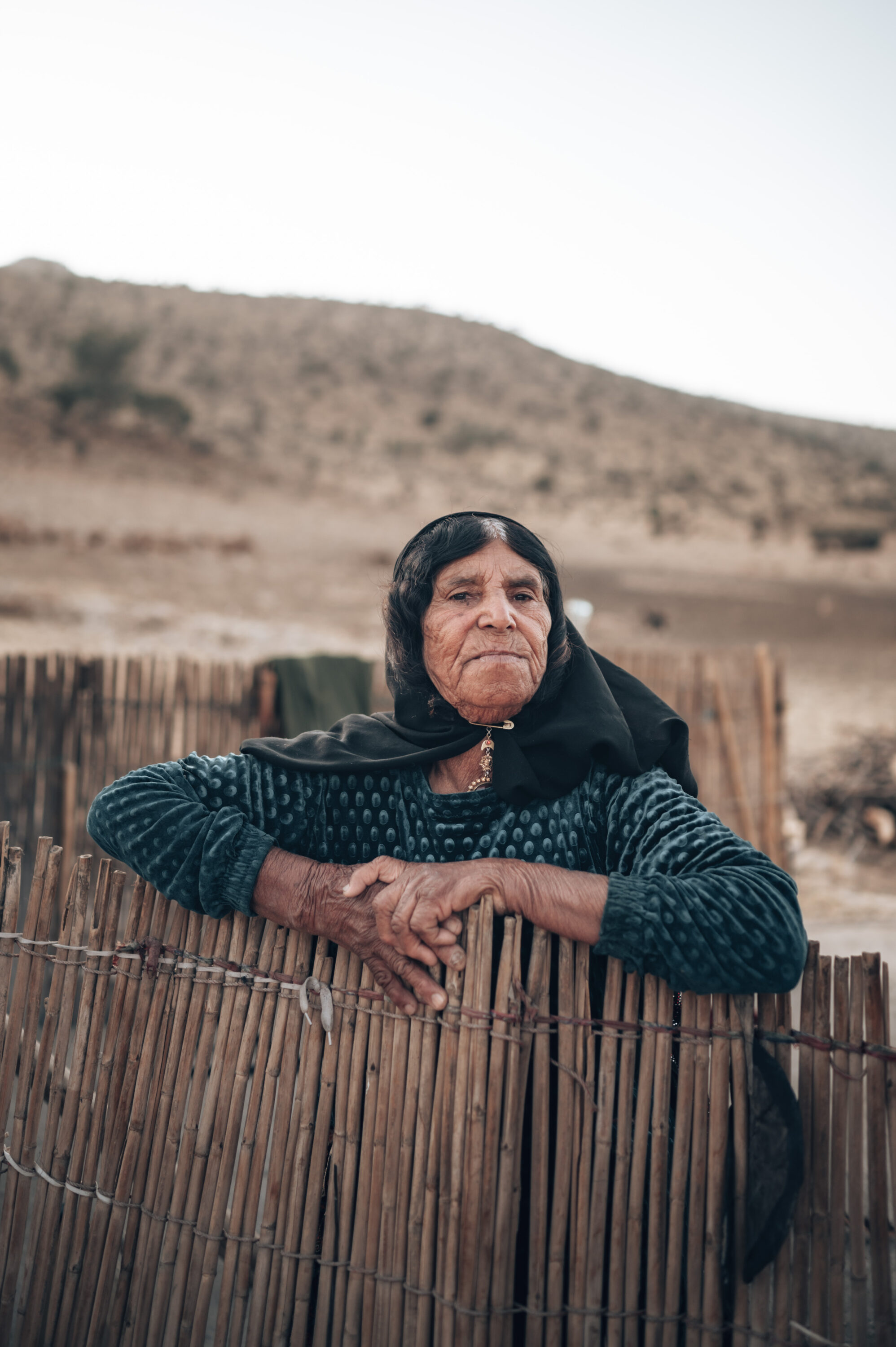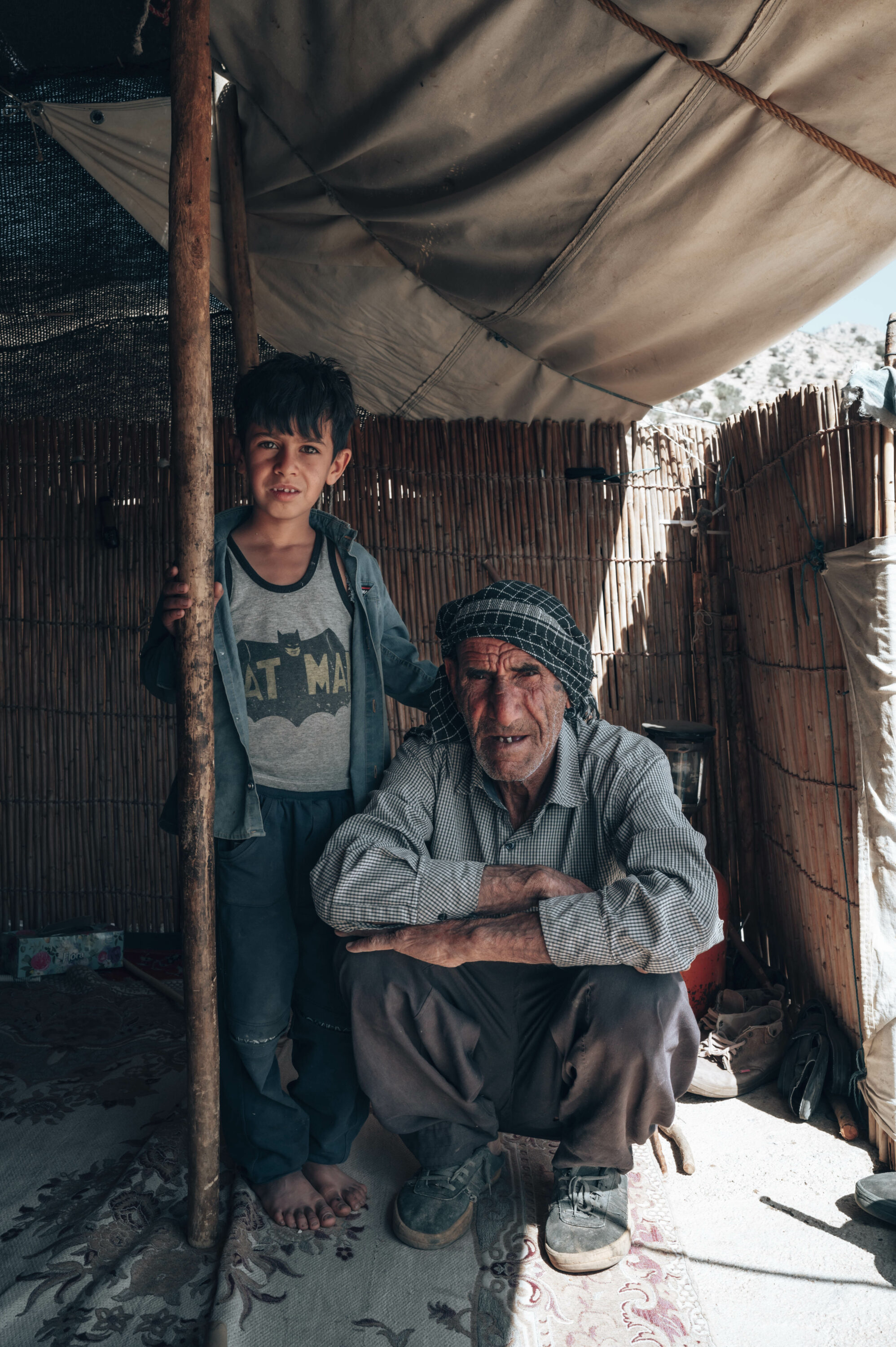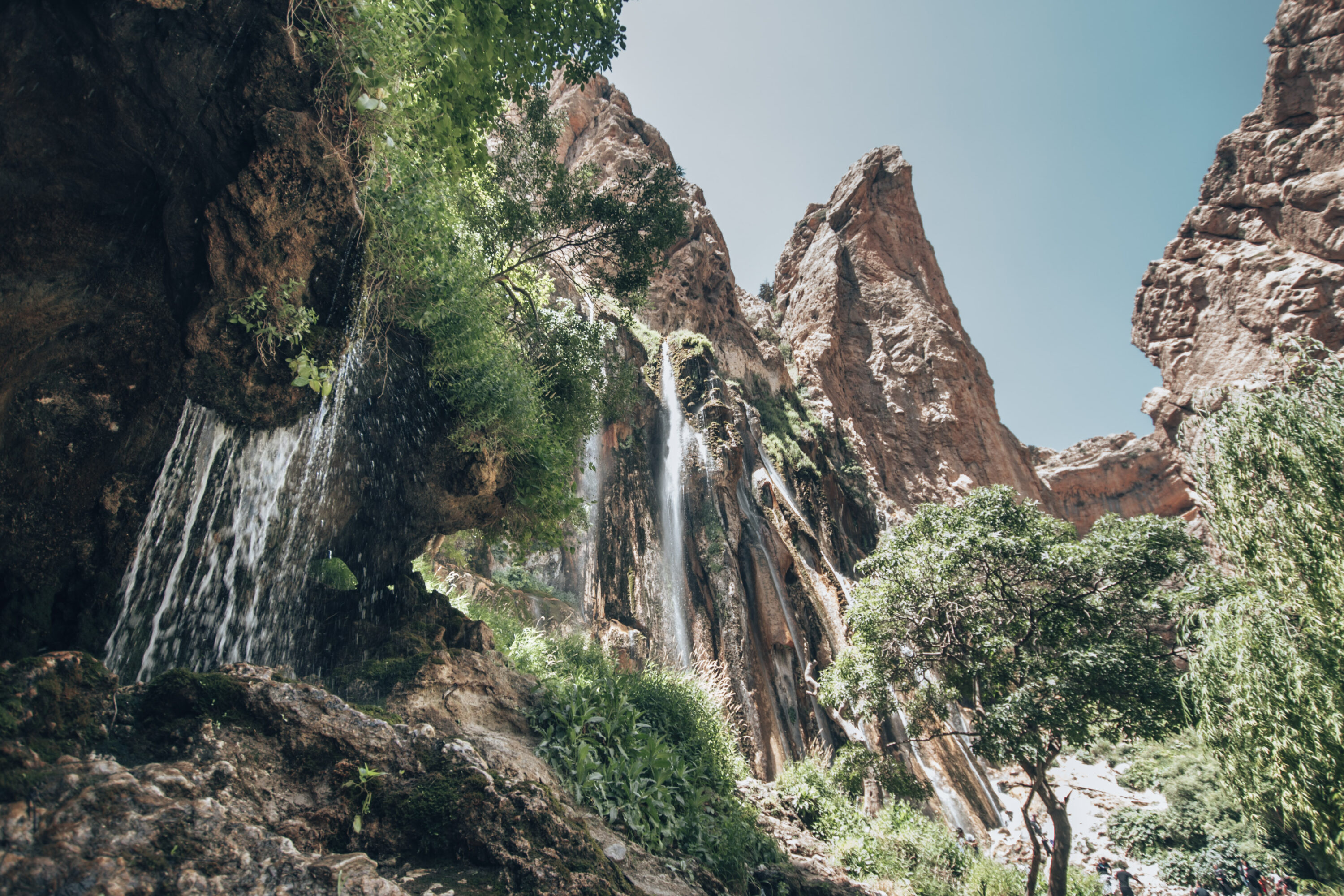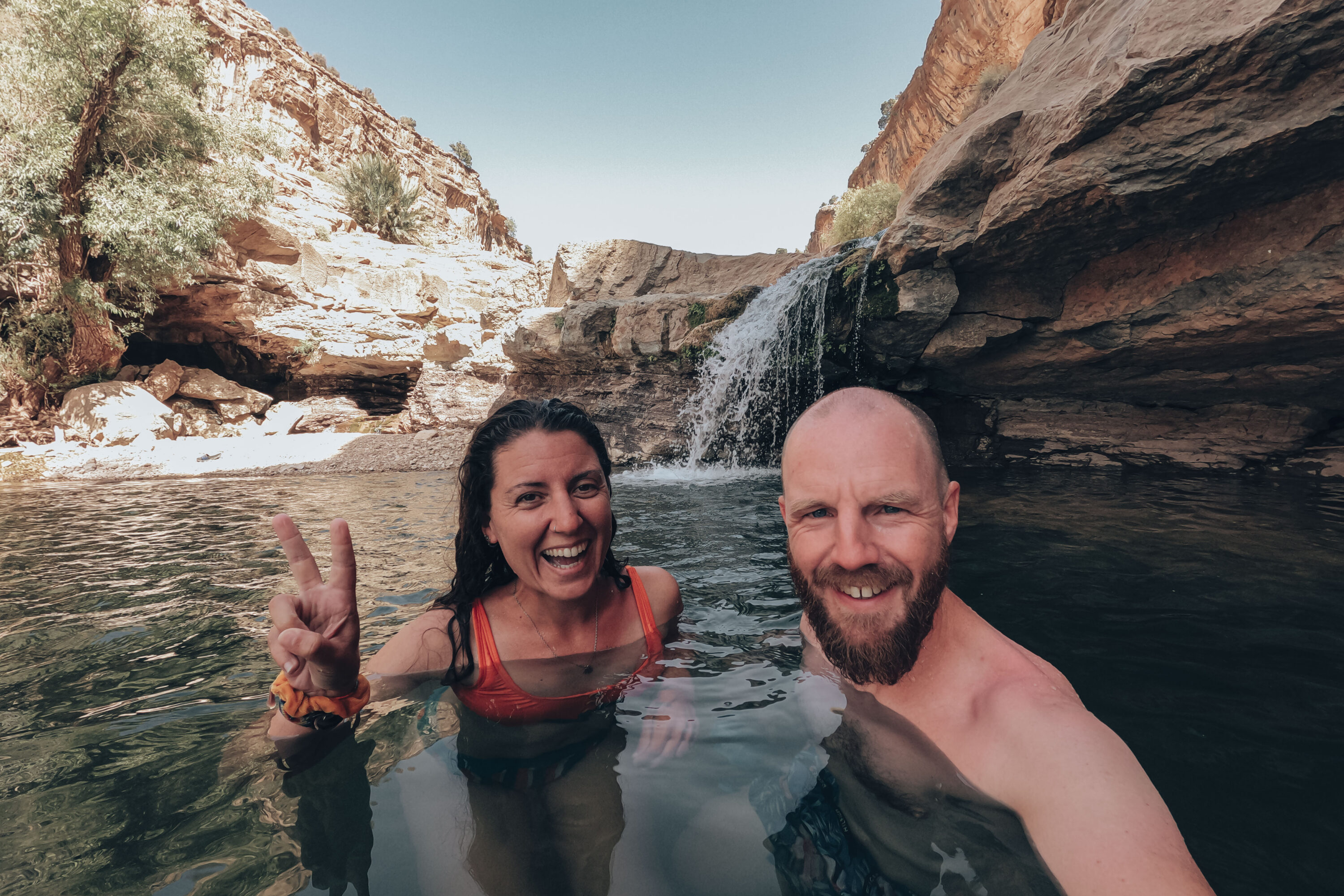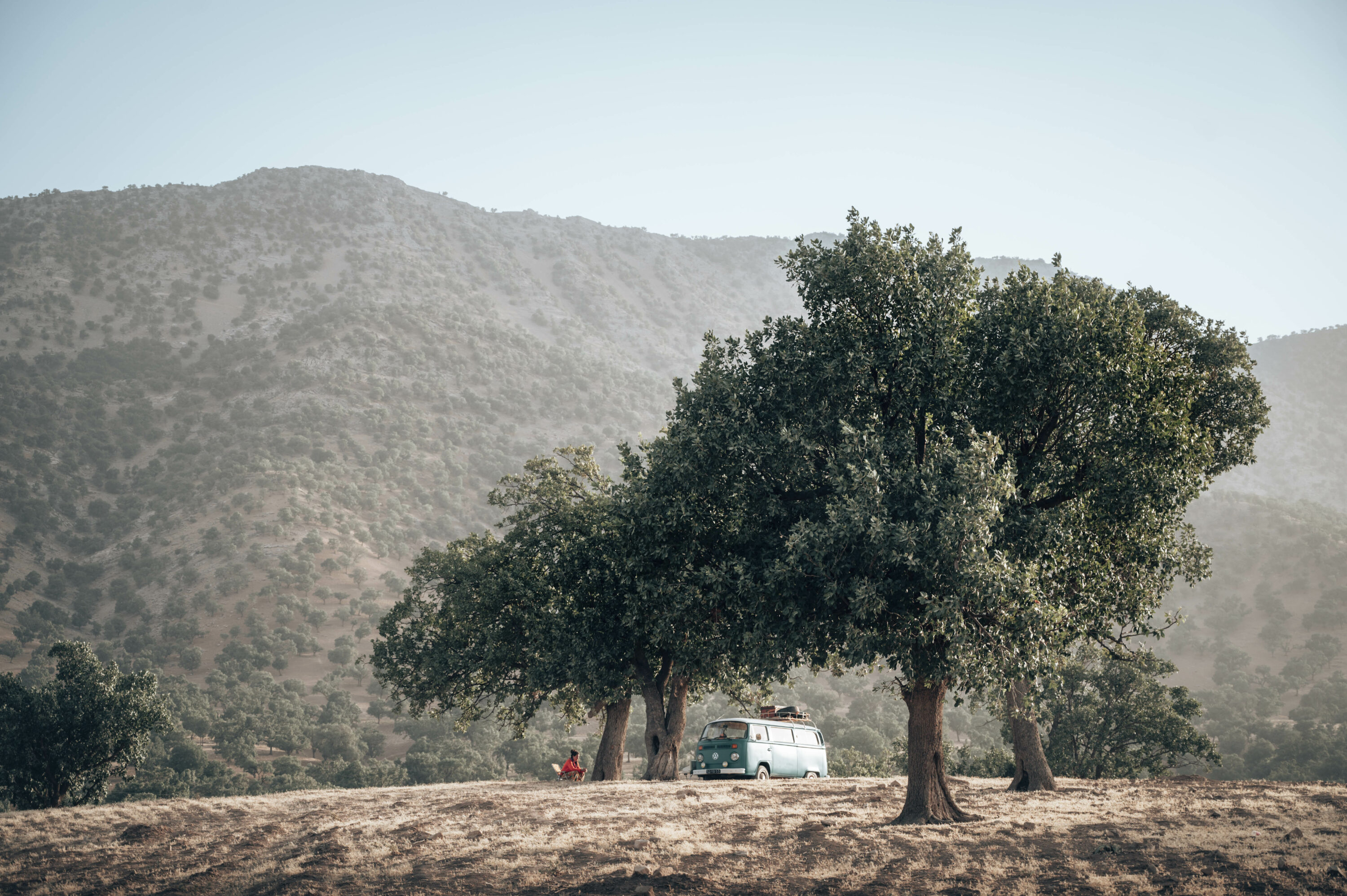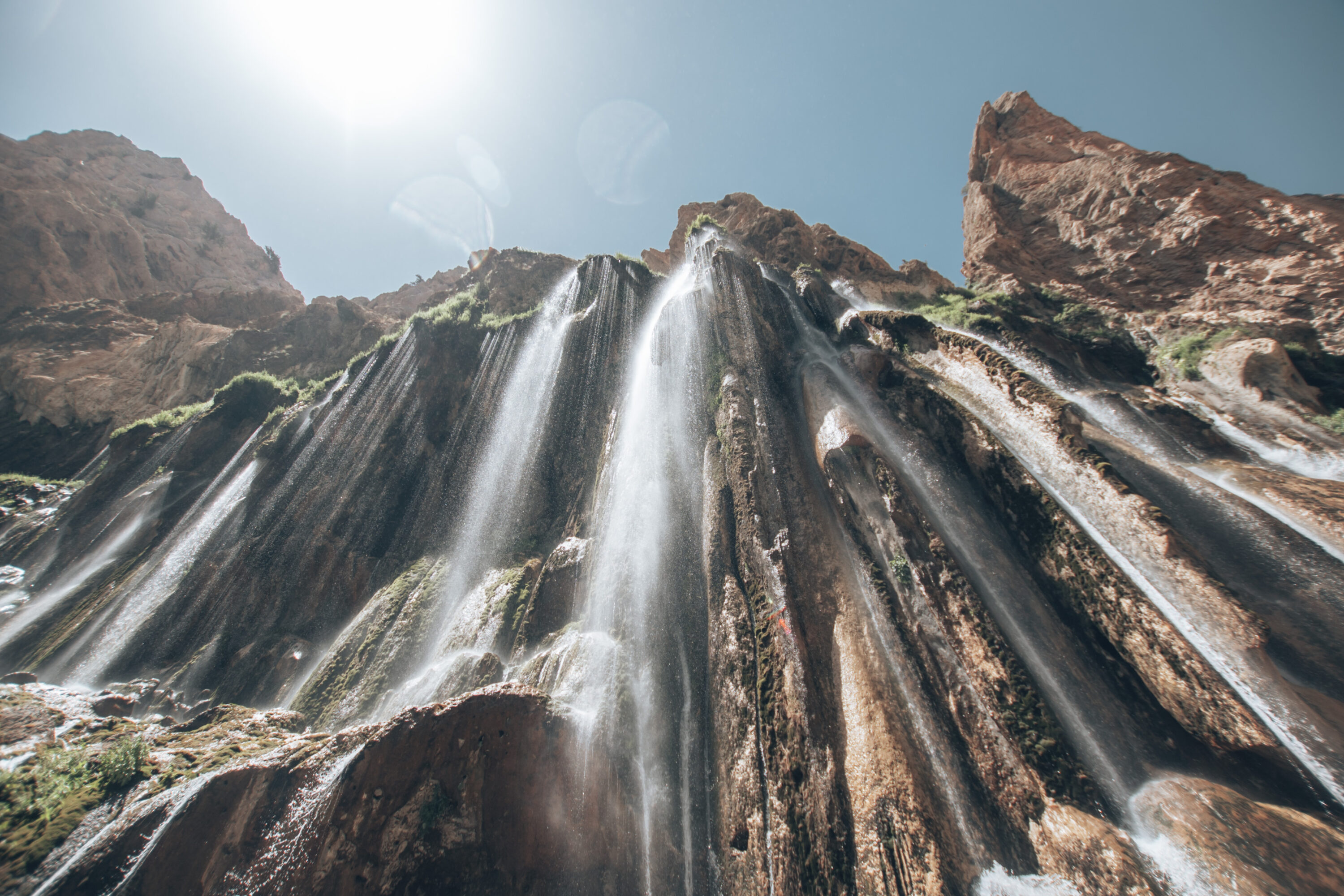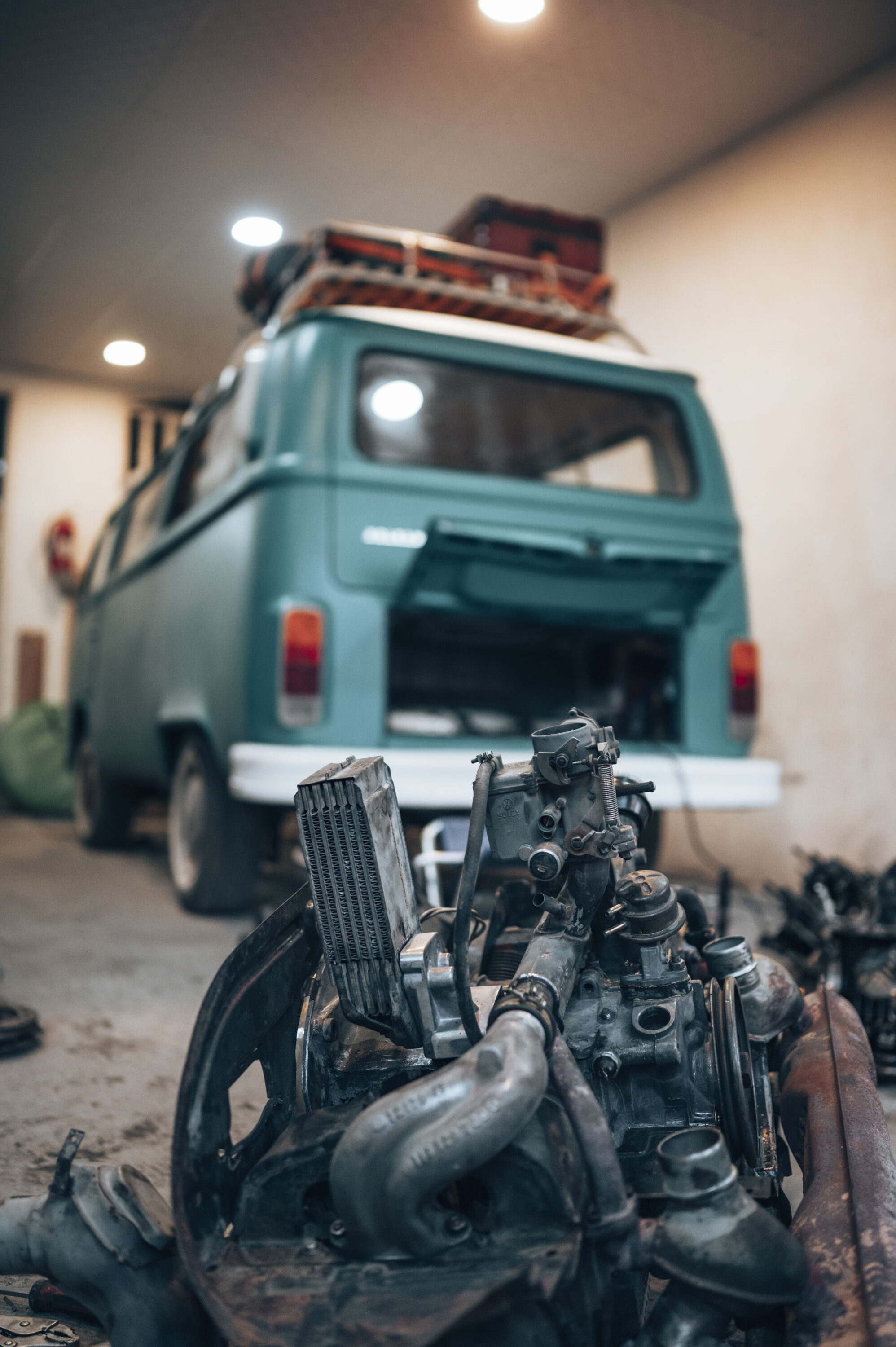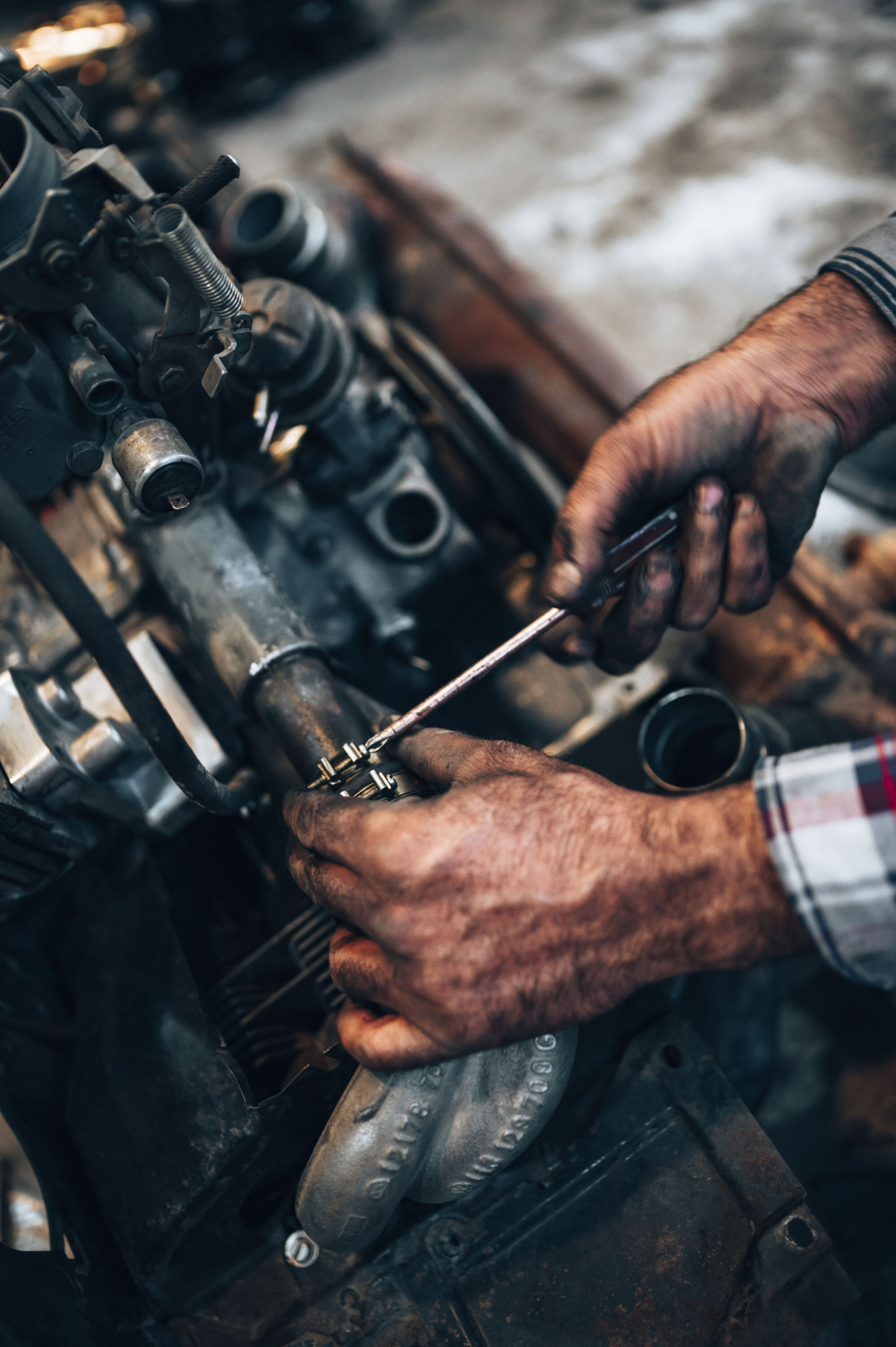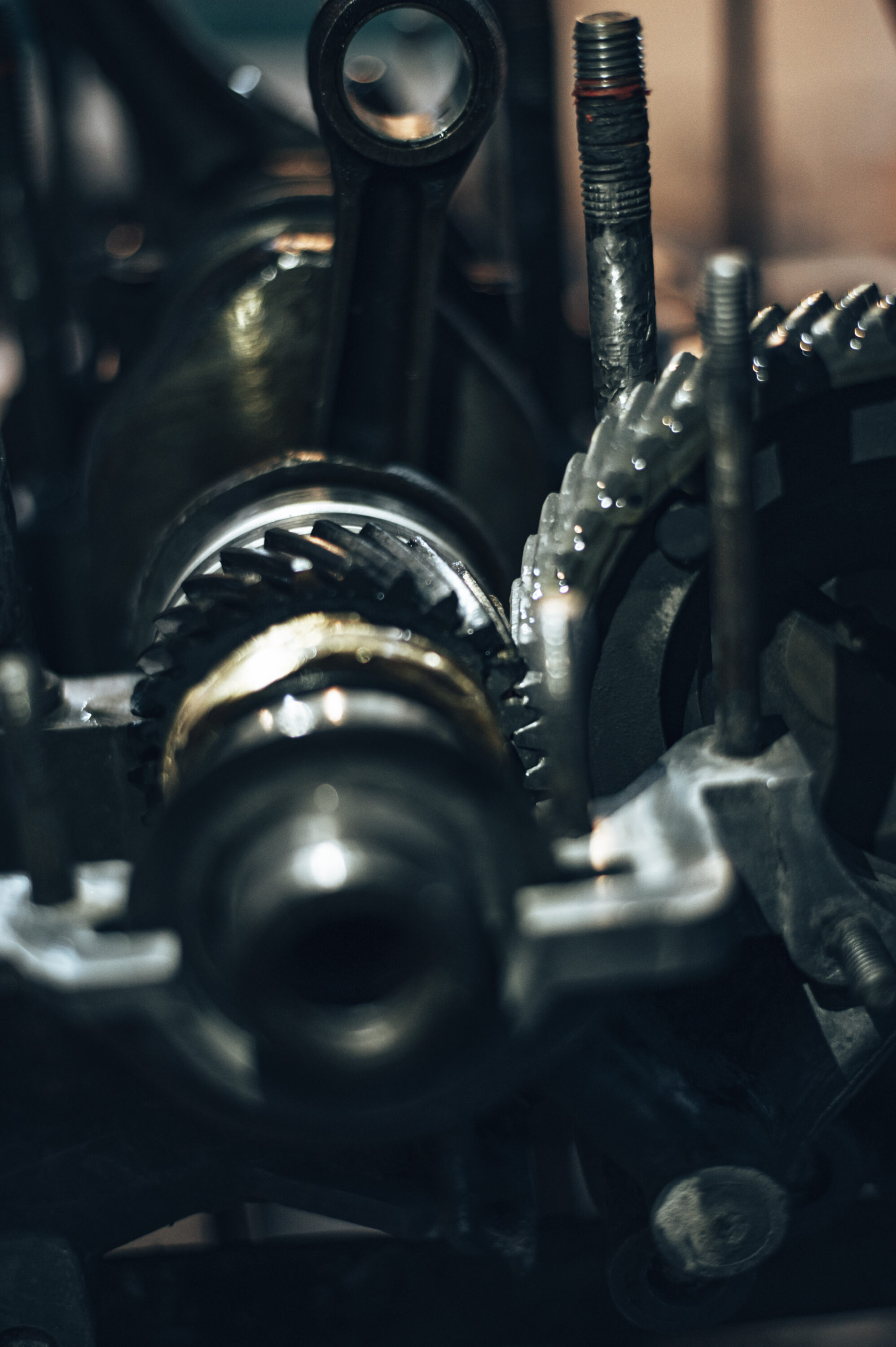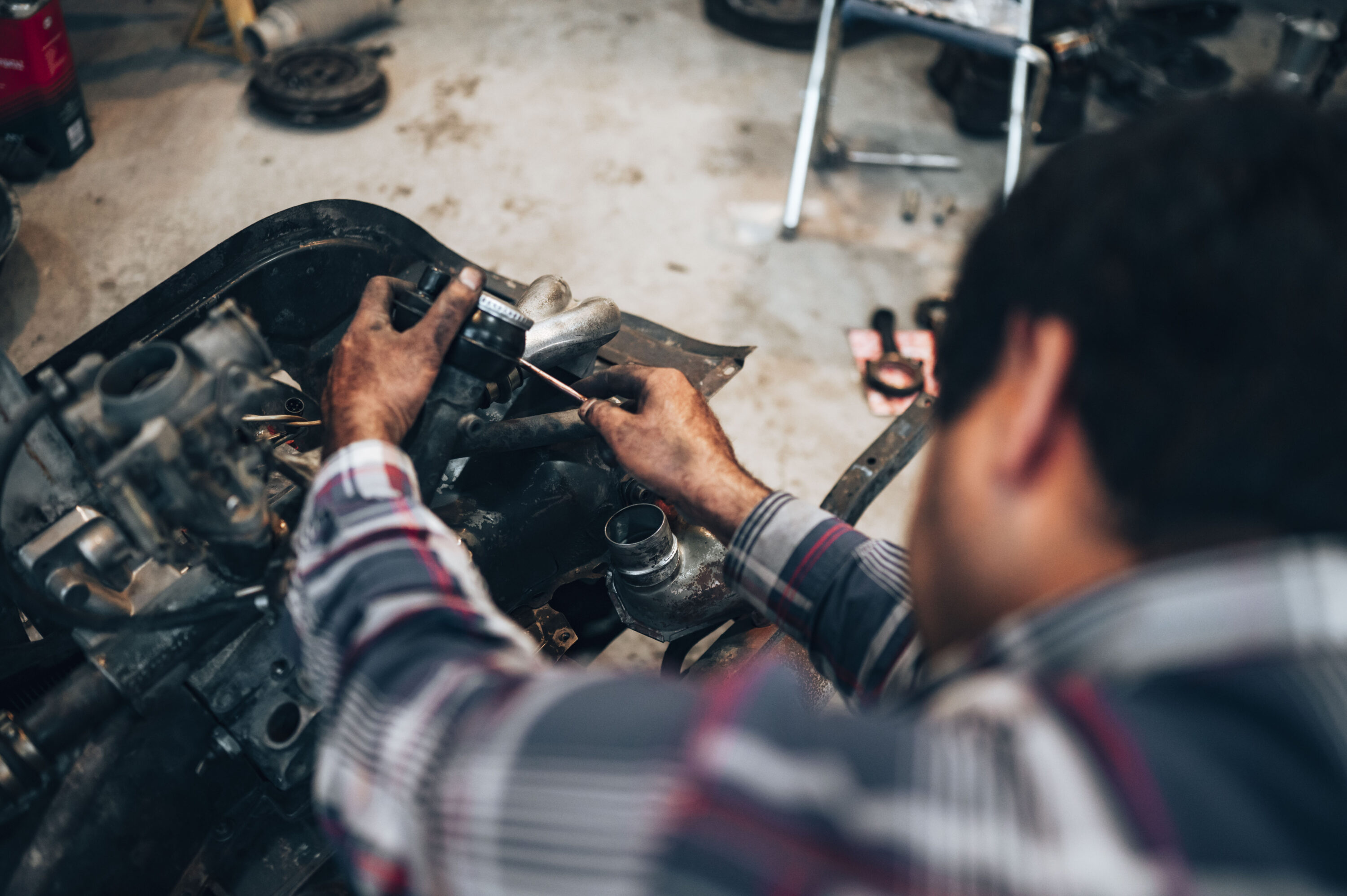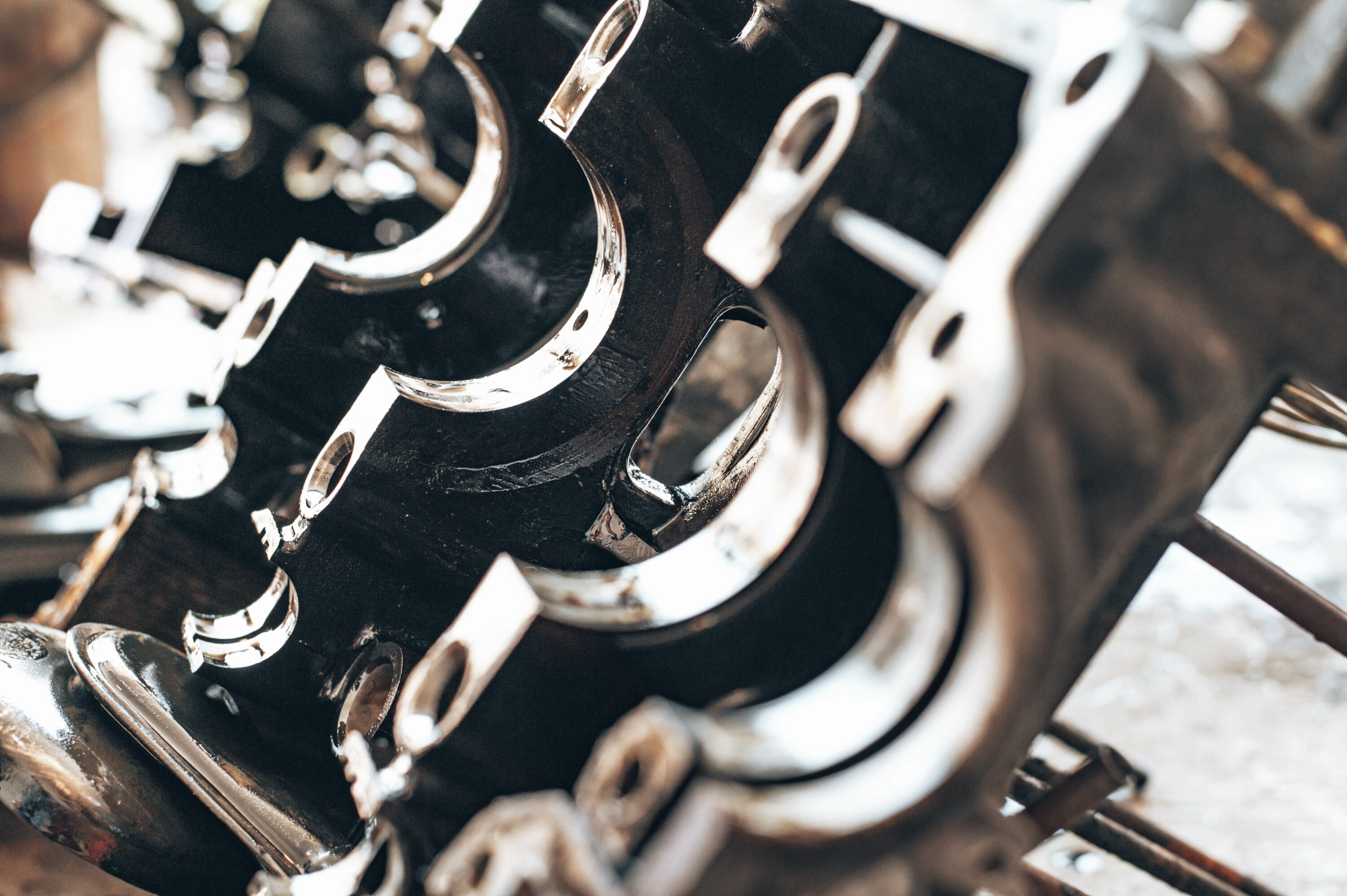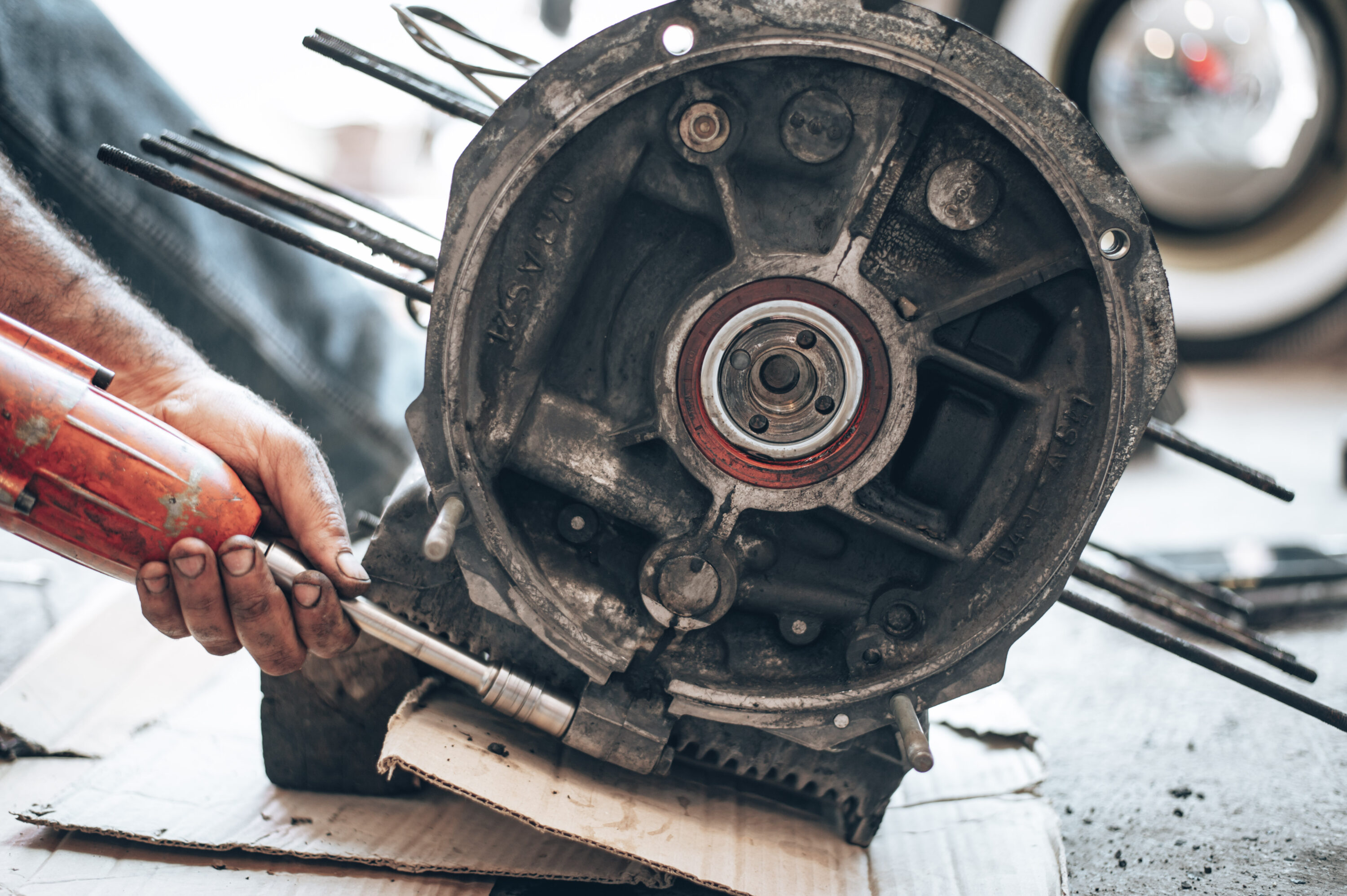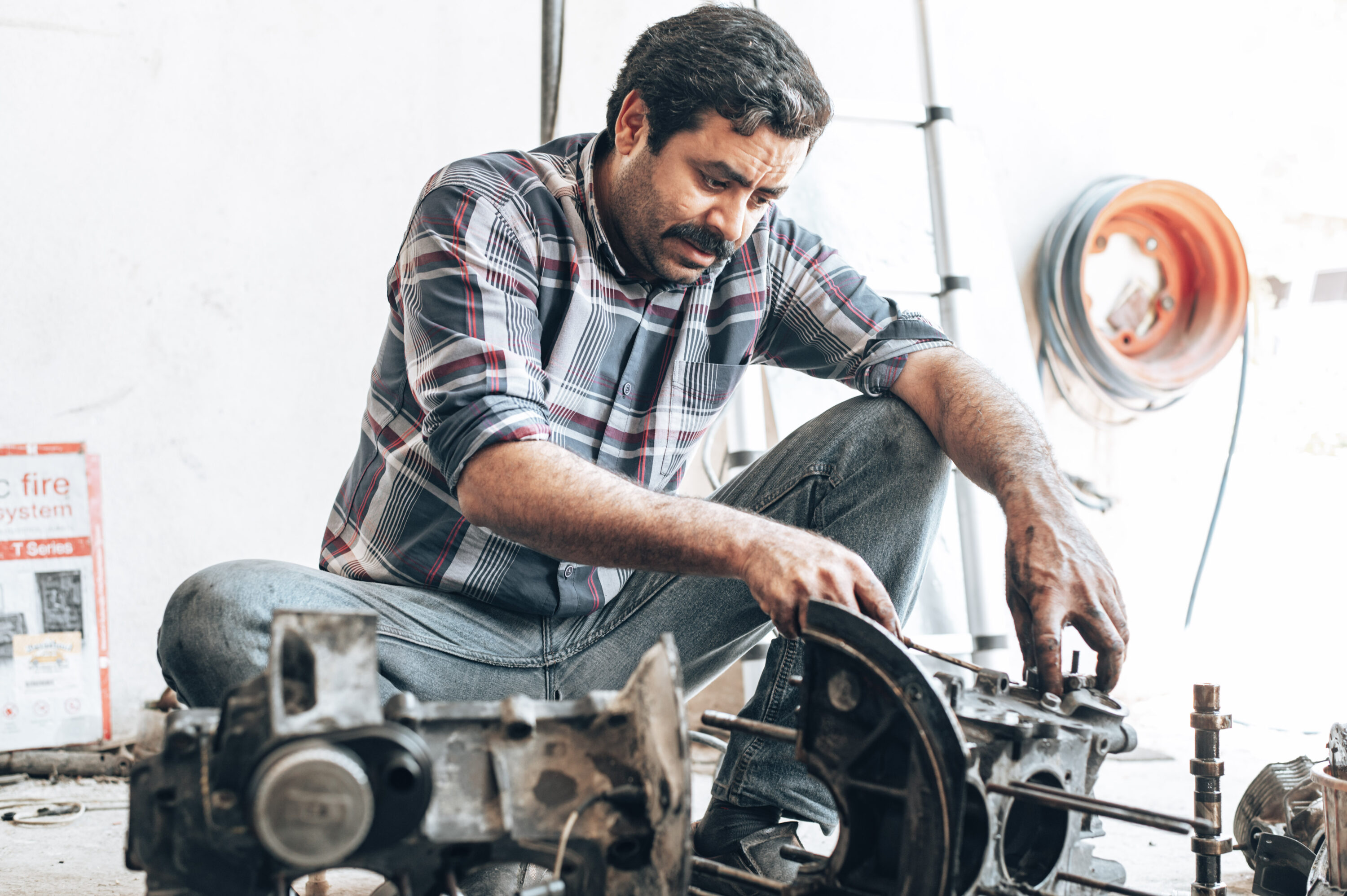When we thought we left chaos in Amritsar or at the border with Pakistan, nothing was less true. Chaos was either following us, or we following it, all the way to Kashmir.
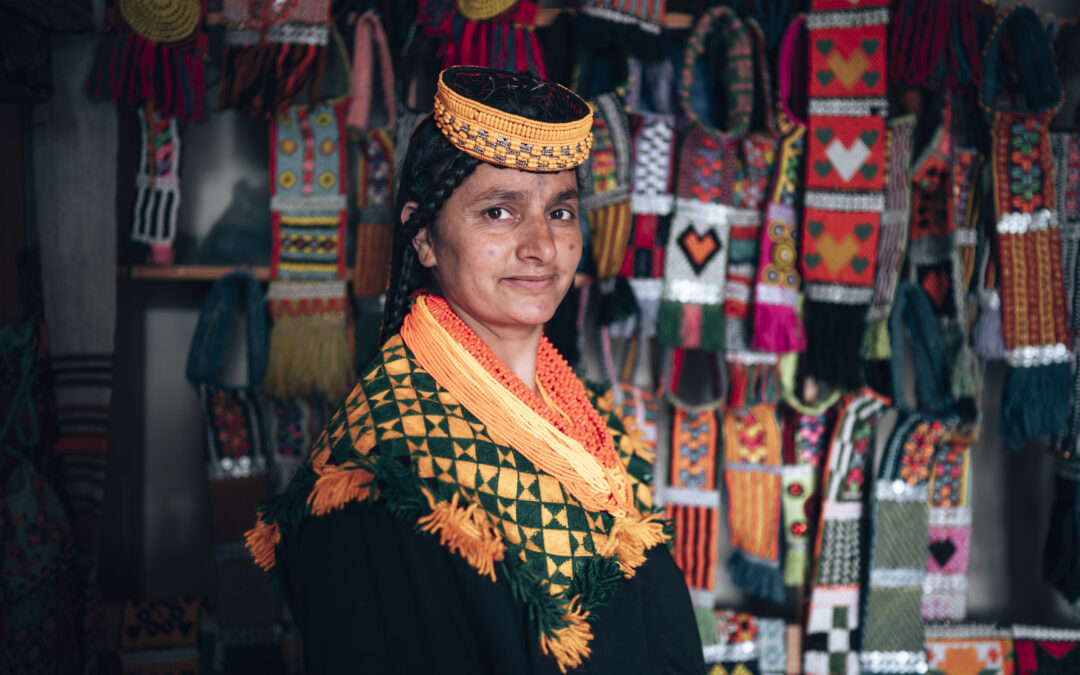
All about the Kalash people of Pakistan
All about the Kalash people of Pakistan
So in the previous post I’ve introduced you to the Kalash people of Pakistan. I’ve written about the differences with other Pakistani and how beautifully and coloured their clothes are.
The Kalash, an introduction
The Kalash live in the secluded Kalash valley, alongside the Bamboret river. Quite the challenging road leads to green lush valley surrounded by high mountains. The Kalash live here self sufficiently. They grow corn, tomatoes and other veggies. Fruit they get from the trees, delicious apples they pick and from walnuts they make delicious bread. The only thing they import is rice. Which they eat every day. Together with either chicken or daal (a local (delicious) dish with chickpeas). They don’t eat much meat, most is veggies.
Mostly women work on the farmland and men have other jobs like: being a shipowner, construction work or are in the hospitality business. And the children go to school. Boys and girls. They learn all the basics and even some English. The boys are dressed in the same clothes all the Pakistani men are wearing while the girls wear the traditional colourful dresses. Also to school or while working on the land. The most beautiful school uniform we have seen. Actually the women never wear anything else. And the dresses, head decoration and necklaces they make themselves. It’s not just clothes, it’s art.
The Kalash people
The Kalash an Indo-Aryan indigenous people residing in the Chitral District of Khyber-Pakhtunkhwa province of Pakistan. The Kalash population in Pakistan numbers only in a few thousands, making them one of the smallest ethnic minorities in Pakistan. The Kalash people are animists, nature worshippers but also known as kafir (non-believers).
The Kalash people live in three isolated valleys and it is said they have descended from soldiers of the army of Alexander the Great who travelled this way in 324 BCE. However, their origin has remained a mystery and research is still on at various levels to identify their historical and biological ancestry.
Spending time with the Kalash
After one night at the Marakar inn, delicious food and a good night sleep, it’s time to explore the valley. The manager of the inn will come with us to guide us and translate as we will learn more about this amazing tribe. It’s a privilege to be here and meet this interesting tribe. And to actually talk to the women and photograph them, who are a lot less shy then their Muslim counterparts.
So after a delicious breakfast (walnut bread – a local delight) we left with Abdul our guide to the village. As soon as we turned off the road the Kalash appeared everywhere around us. The women with colourful dresses and the shoshoot (head dress) on their head. The skin as light as a Northern European and a variety of eye colours. From cristal clear blue to greenish and beautiful dark brown (my favourite eye colour). Young girls entered a school where boys were playing cricket so of course we followed them. We got to see their classroom which isn’t much but good enough. It has benches, a chalk board and closets where books are stacked. The kids were learning English and proudly show their books. The girls wearing their school dress which is black and the colourful shoshoot. The boys also wear a black uniform and they wear a green cap saying Pakistan.
We continued our journey and visited the ladies doing the laundry at the qanat (water way). Whether they work on the land, go to school or do the laundry, the women and girls are wearing beautiful dresses. Their hair always in braids and the shutout always loose on their head. I’m intrigued as for me I’m so used to wearing pants that I only wear skirts or dresses at special occasions. And I can’t do anything in it, except for cycling and walking and all that. But doing my job in a skirt? No way. I need my legs to move freely. So respect for these women. Abdul explains that some women do the laundry in the old traditional way (meaning by hand) but some have a washing machine as well nowadays. Even though the Kalash live in the deserted valley modern technology has made an entrance.
A levies Kalash (who works at the frontier – the Afghan border is very close, we can almost walk to it) invites us for a cold drink at his house. Of course we can’t deny this invitation and sit down with him. He tells us he really likes his job, he gets paid well and works in a beautiful environment. All his brothers have good jobs, one is a chemist and the other works for the wildlife preservation. However not all Kalash have such jobs. Most are working in the village as hotel or restaurant owners. Then there are teachers and shop owners. And, as written before, the women work on the farmlands.
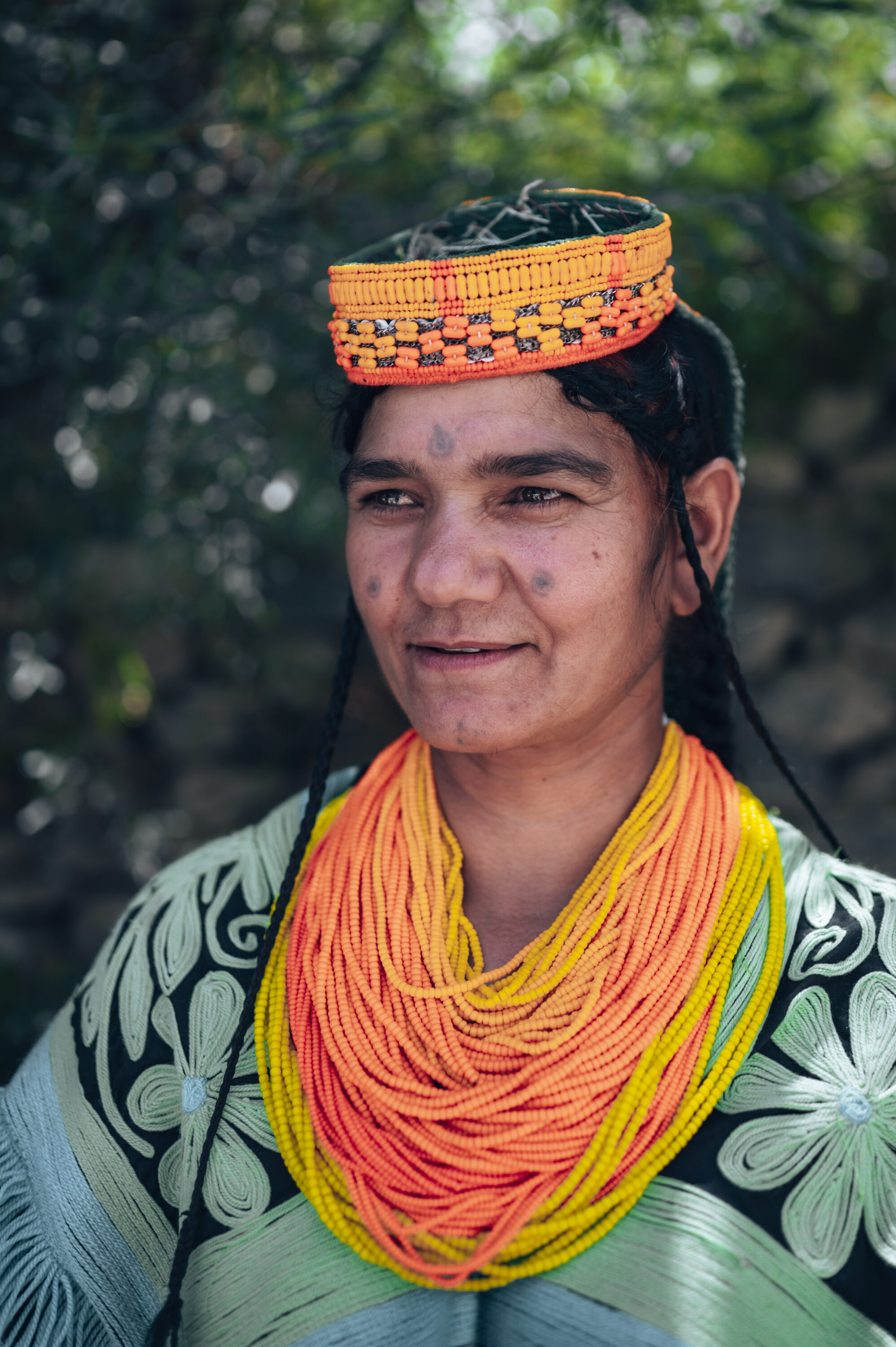
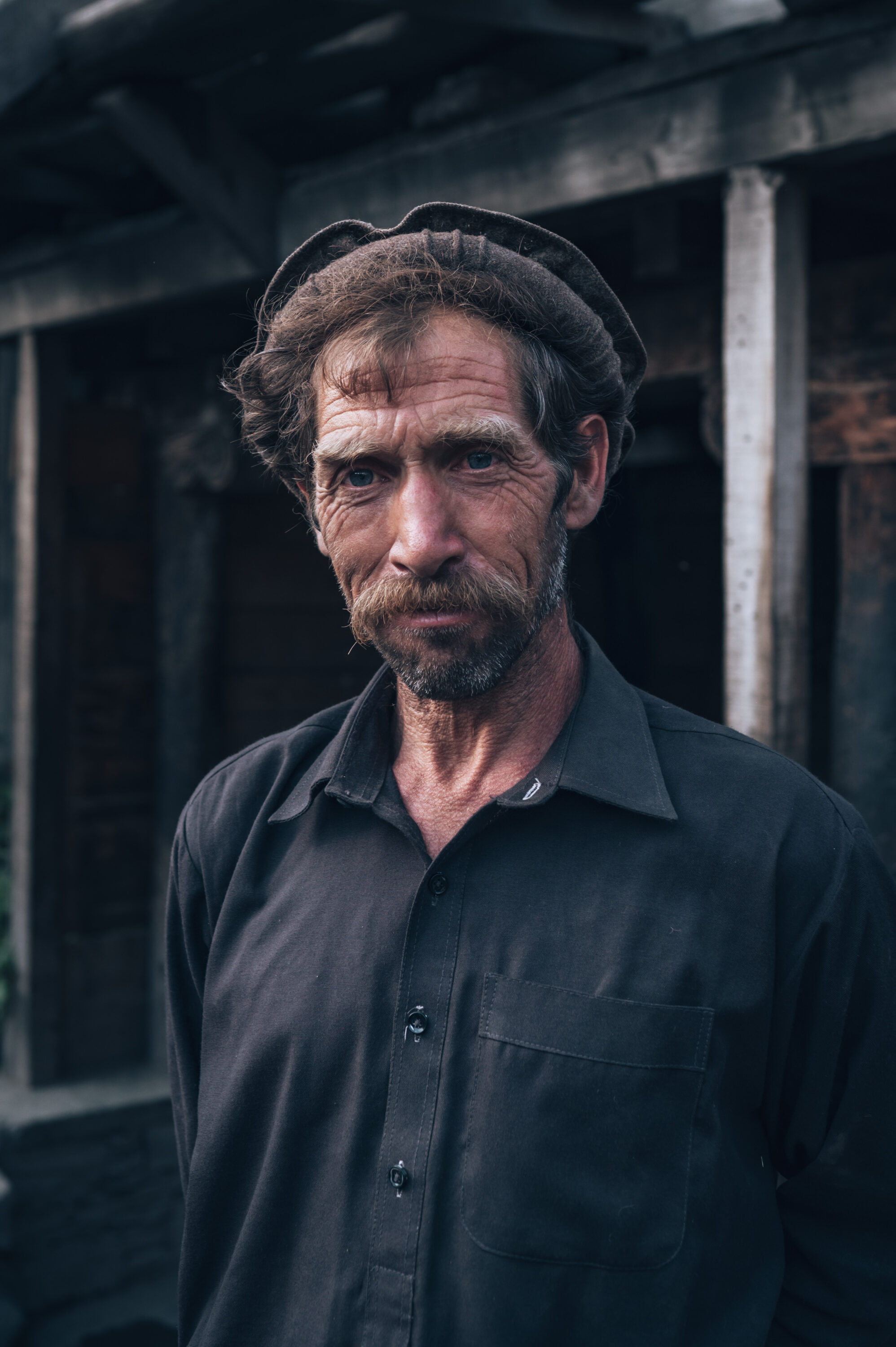
Kalash converting to Islam
In a restaurant we meet Iqbal, a Kalash who is a teacher and after school he works as a cook in a restaurant. And he tells us – in good English – that not only modern technology has found a way to the valley, also other religions. Almost everyone in his family converted to the Islam. His father and mother did when he was young so his grandparents took him in. Nonetheless he is one of the few of his family that is still Kalash.
People are changing religion because of preaching in the area and the more people convert the more others follow. But the Kalash get protection from government now. The government is helping to preserve this ancient and beautiful culture. “It starts at school”, Iqbal tells me. “Most of the classes were focused on the Islam. Now we are also providing Kalash classes so they learn more about their own culture and stay Kalashi”. The language in the schools now is also different (they speak Urdu or Pashtun instead of Kalashi) and the books they teach from are Islamic oriented. This adds to the declining of the Kalash culture. But the government and the Kalashi are working to separate Muslim and Kalash schools. Like in The Netherlands Christian-, Muslim- and schools free of religion are separated. Not sure if that’s the right thing to do but if it helps to preserve the culture of the Kalash it’s alright to give it a try.
This was actually my field of study; preserving cultures amidst the changing world. I did my thesis on this in Cappadocia, Turkey and have researched it ever since in different places like the Sami in Lapland, the Gaucho’s in Patagonia and the koromojon in Uganda. Preserving a culture while technology is opening the world to people, it’s hard but necessary. And there are different ways. One would be adding a special Kalash subject to schools, specific about the culture, language, history. To speak Kalashi language in schools – and make language classes of Urdu or Pashtun as we do with English and German. And attract a different kind of tourism. No more curiosity tourists or locals who just come to watch women but move towards cultural heritage tourism. And avoid mass tourism. We’ve seen so many hotels and guesthouses that I wonder where the people live. International food is offered while local food should be good enough. The area is quite secluded and it’s not easy to get here (the road is a challenge) which is helping to preserve a culture. However, the government is working on the road which means more and more people are able to get here. At the moment busses cannot enter the valley (overhanging rocks are a natural barrier) which is great!
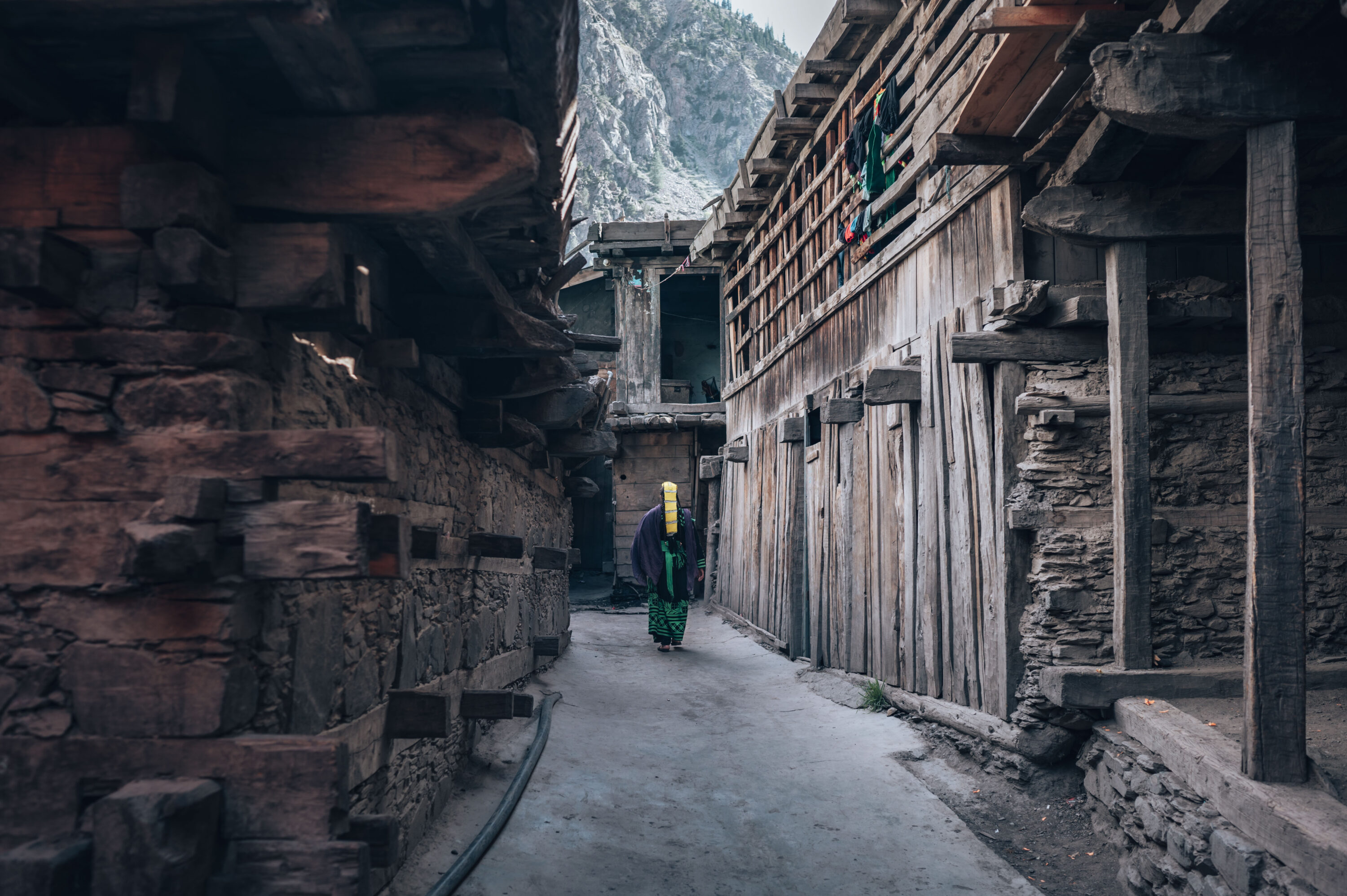
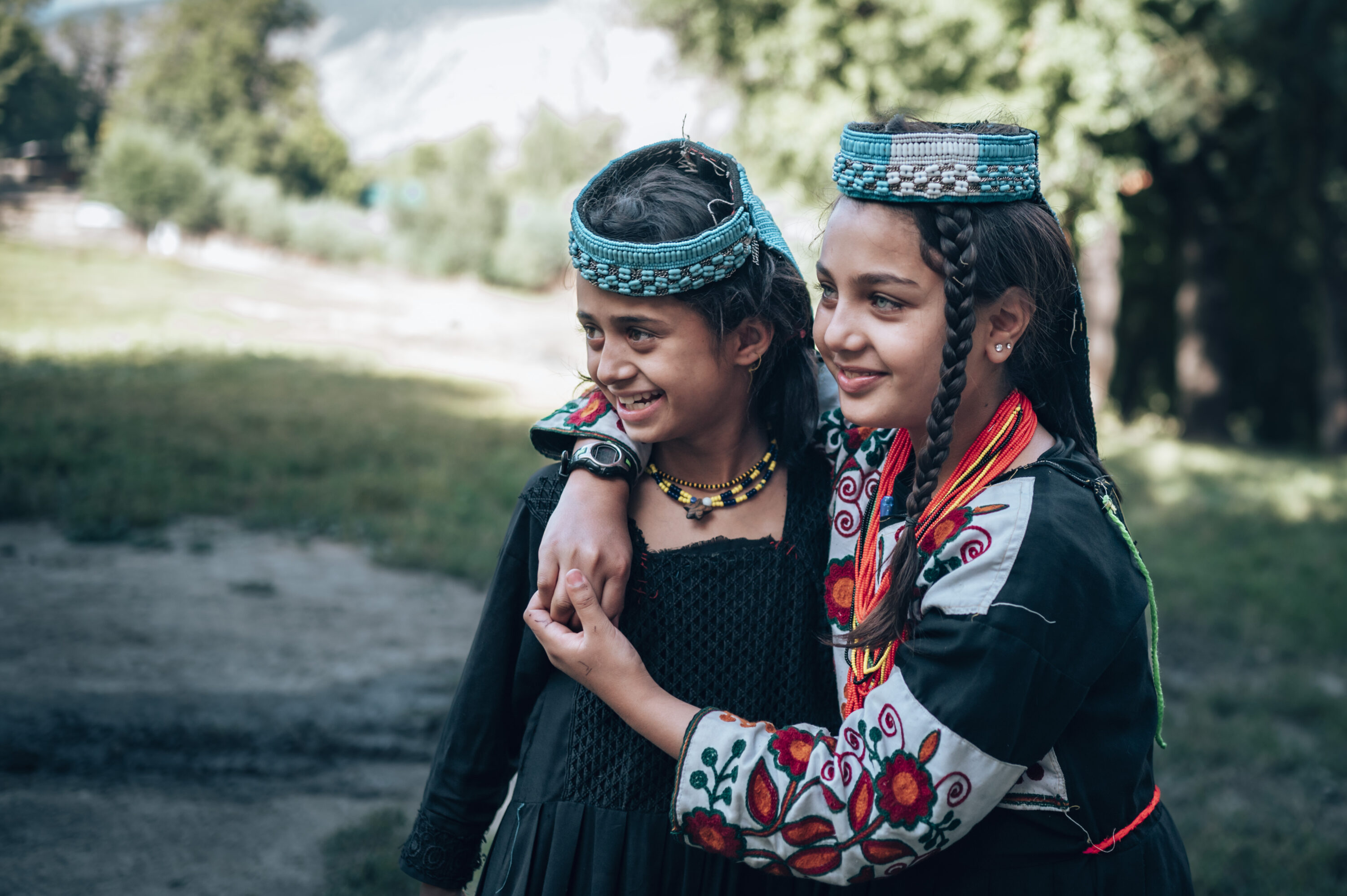
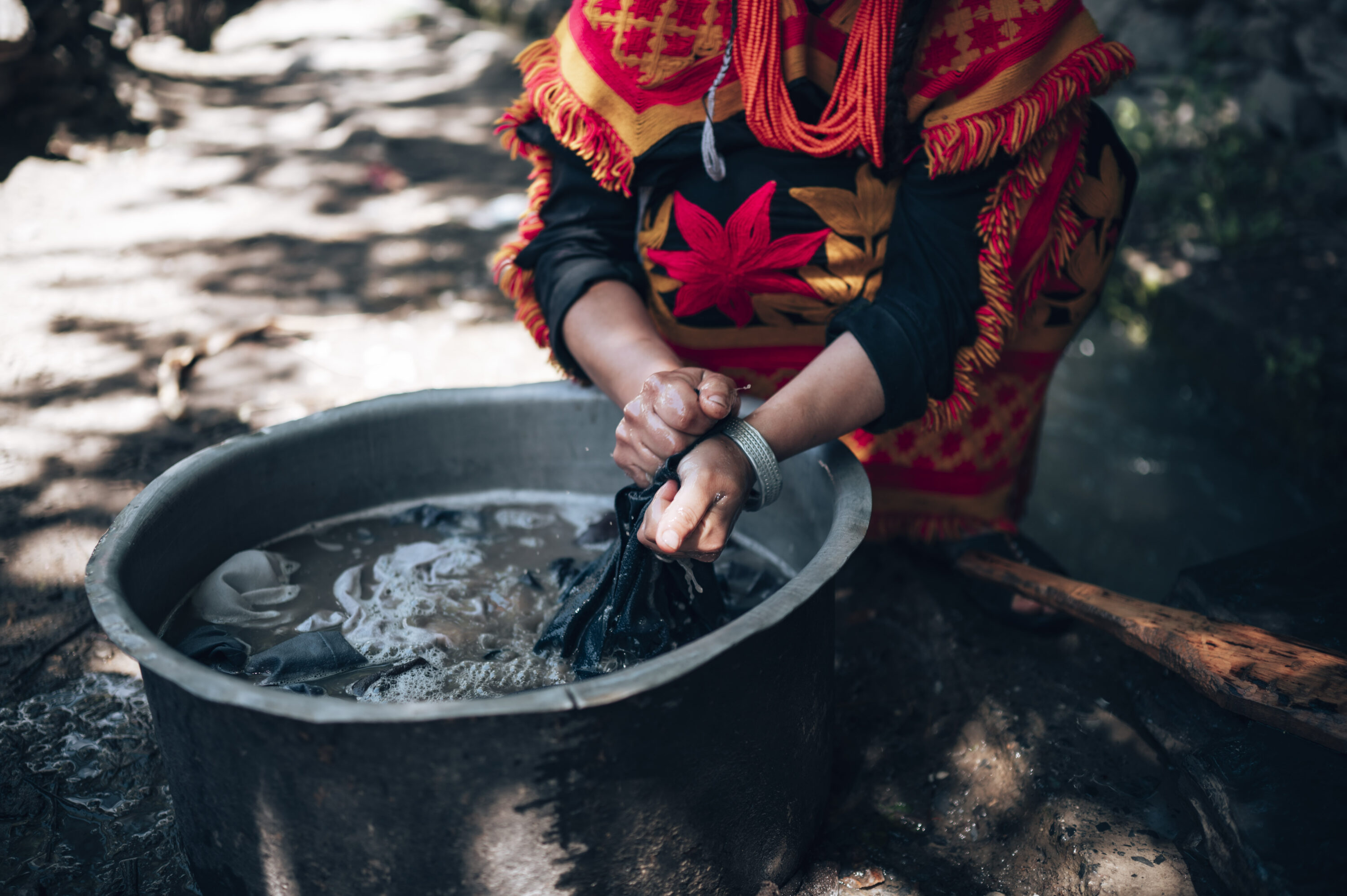
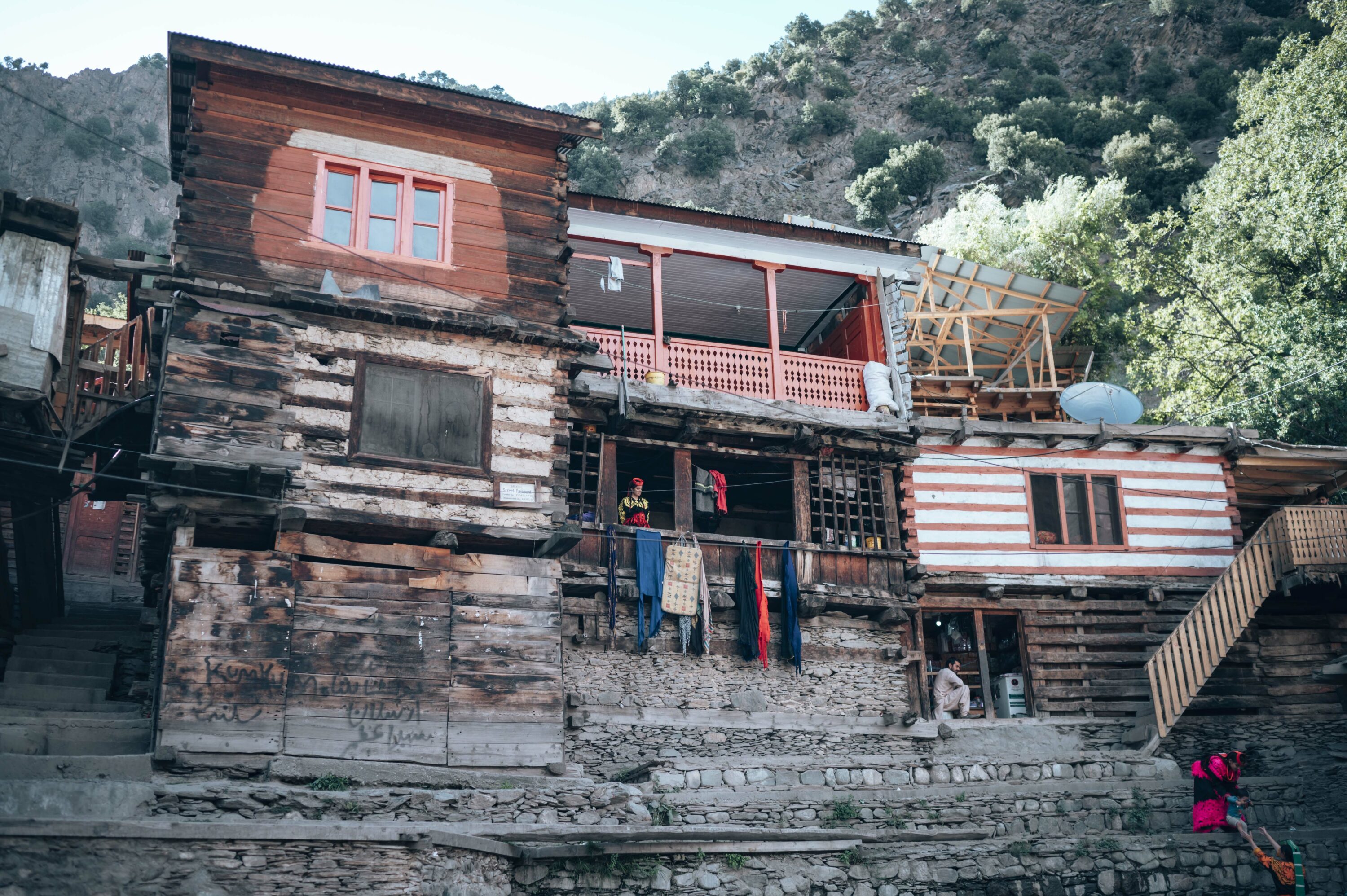
Separation of schools
But lots has changed already. In the museum we see how the people dressed in 1925 and on the street we see how they dress now. Things change and cultures develop, that’s alright. But it’s important to preserve the culture as long as we can. Iqbal seems to be determined to preserve the culture of the Kalash. His whole family converted to Islam but not him. And he will not. He works as a teacher and there he teaches the children all about the local culture and history. And he talks to tourists about the issues they have. He is fired up when we get to talk about the school system. “It’s destroying the local culture as it is now so I’m very happy that the government is helping us to divide the schools.”
According to our guide Abdul this isn’t a good thing to do. “People live together in peace here. Muslims, Christians, Kalash. Dividing maybe changes that.” I agree with both. I remember when I was young to have an Islamic school and our ‘free of religion’ school in one building. The division was so clear that we immediately had prejudices towards each other. Not necessary but you’re a kid, what do you know? It’s the same in neighbourhoods. White privileged neighbourhoods, Islamic neighbourhoods, poor neighbourhoods. The division is adding to the prejudices we have about each other and the racism and discrimination towards one another. But I’m here not long enough to really understand the issue and draw up an conclusion. The children seem to be happy to go to class together. Maybe adding some extra Kalash classes wouldn’t be a bad idea. Instead of citing out of the Koran, Kalashi kids can learn about their own history.
The museum in the town is made by Greek people and gives an insight in the Kalashi culture and it’s history. I read the word “goddess” when I learn about the maternity and period homes. So when girls and women have their period they have to stay in a special house. This house (and the women and girls) can’t be touched. They cannot leave the house and the food they get has to be placed at the entrance so no one touches or talks to them. When I lived in Uganda girls weren’t allowed to go to school for a week when they had their periods. They had to stay in a small hut somewhere in the wild. Me and my good Ugandan friend Josephine went to the often far away villages to talk with the elders and explain to them that it’s important that these girls need to keep going to school. Often when the girls menstruate for the first time they do not get back to school. Instead they marry. Luckily the Kalash women are different.

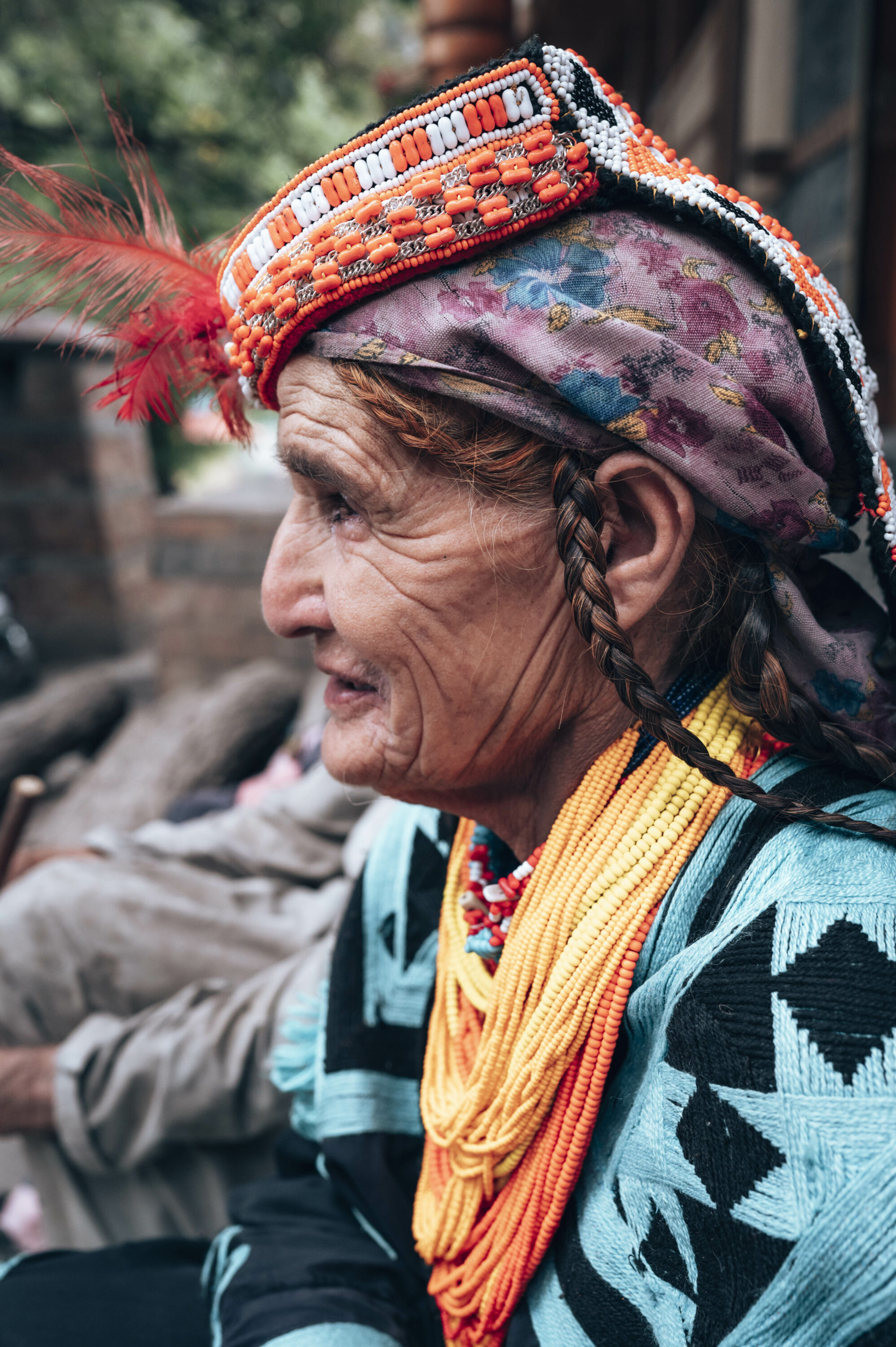
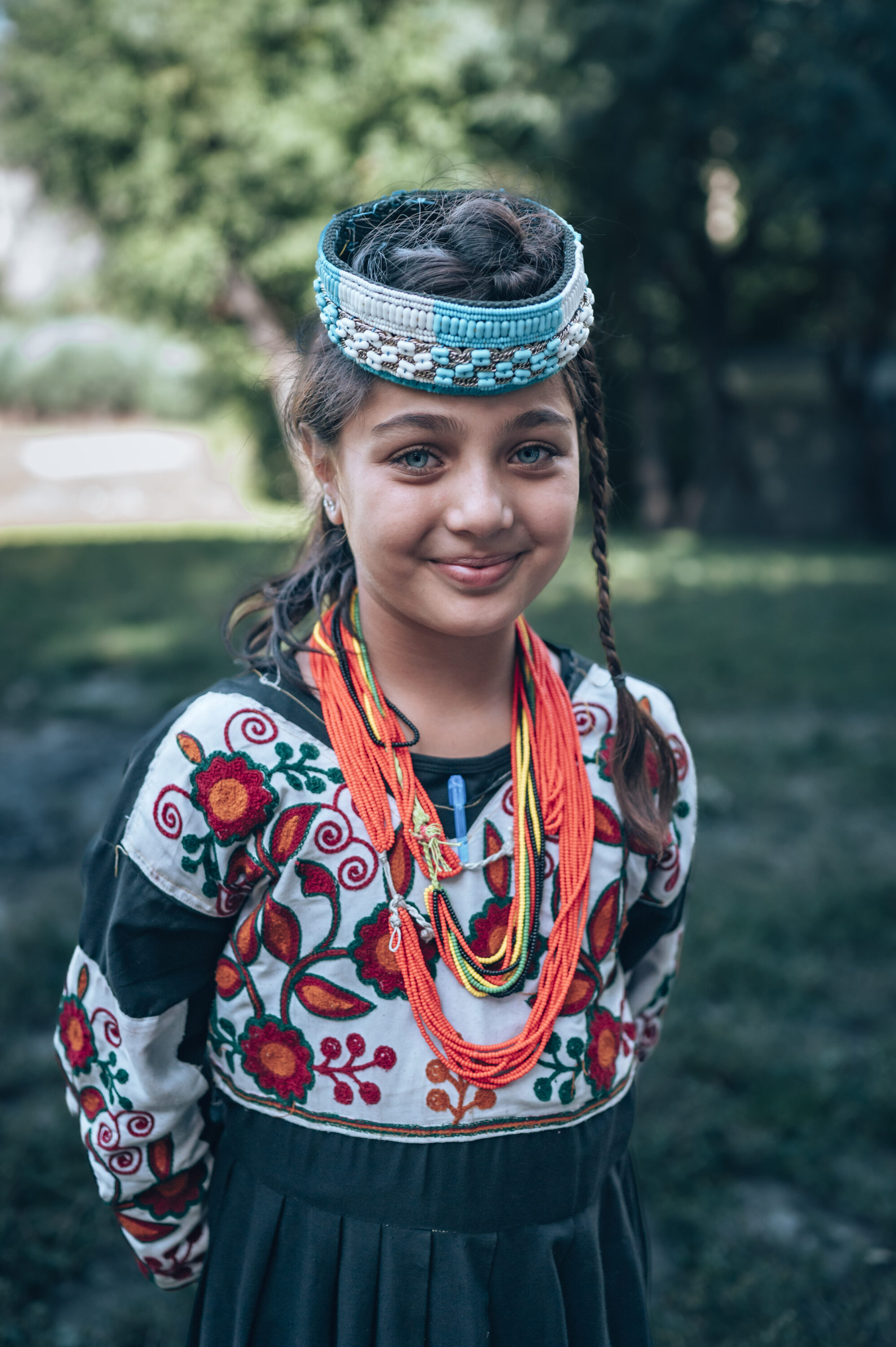
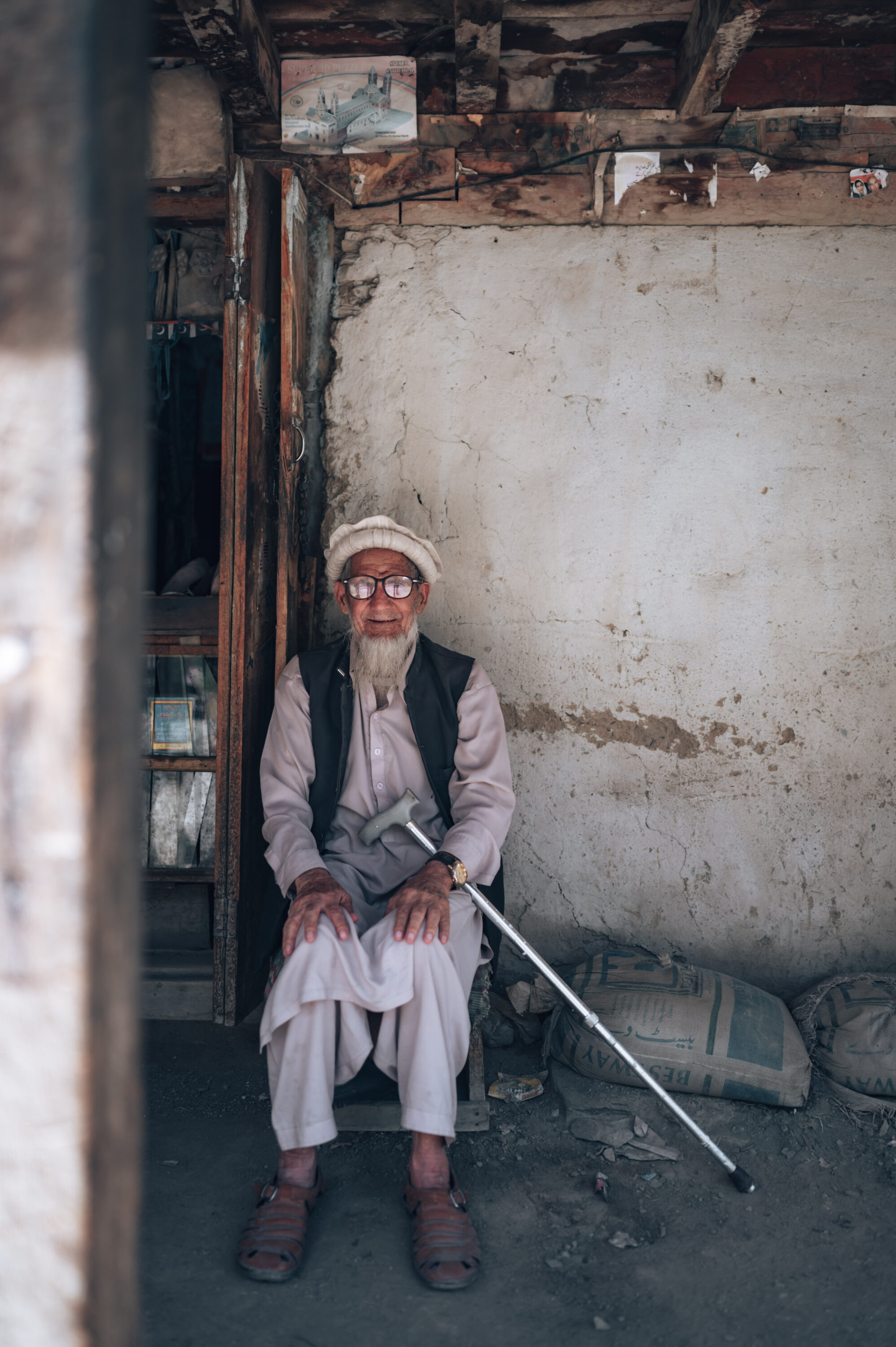
The Kalash women and believing in a Goddess
They do have to stay in this Bashali Dur but they choose themselves who to marry. So why this period house? The concept of pure and impure is an important part of the Kalashi culture and faith. The women are considered impure when they menstruate and after giving birth (10 days from giving birth). The isolation, though embedded because of their impurity, is also an opportunity for the women to rest and take a break from their household responsibilities. Maybe I’m going to introduce this in The Netherlands. Every month a couple of days on a period break. Sounds good to me.
Back to the museum where the term ‘goddess’ gets my interest. Do the Kalash believe in a Goddess? “No”, says Iqbal “that’s a mistake and it’s annoying. They didn’t write the right word. We also have a God, not Goddess.” A minor disappointment for me. But what their religion and believe entales isn’t really clear to me. The Kalash don’t pray every week, they don’t have a special day like the three big religions. “We use the temple at festivals, and whenever we need to pray, we just pray.”
Temples are used during festivals: summer festival 1 – 21 August, winter festival: 9 – 22 December and the most famous ‘spring festival’: 7- 15 may.
And that I like. I never understood the concept of devoting one day to praying. One day of doing absolutely nothing (not even switching on lights or cooking) but reading from the Torah or going to church twice and sitting on these wooden benches listening to a preacher. I don’t get it. If you need to talk to your God why don’t you just do it when you need to? Why need a day? Why need a building? Why need rules and regulations? Believe and do that in your own time, on your own terms and however you want to. But, it’s easy for me to say, I’m an Atheist, believing in the power of planet Earth and nothing above or below us except for the big black universe.
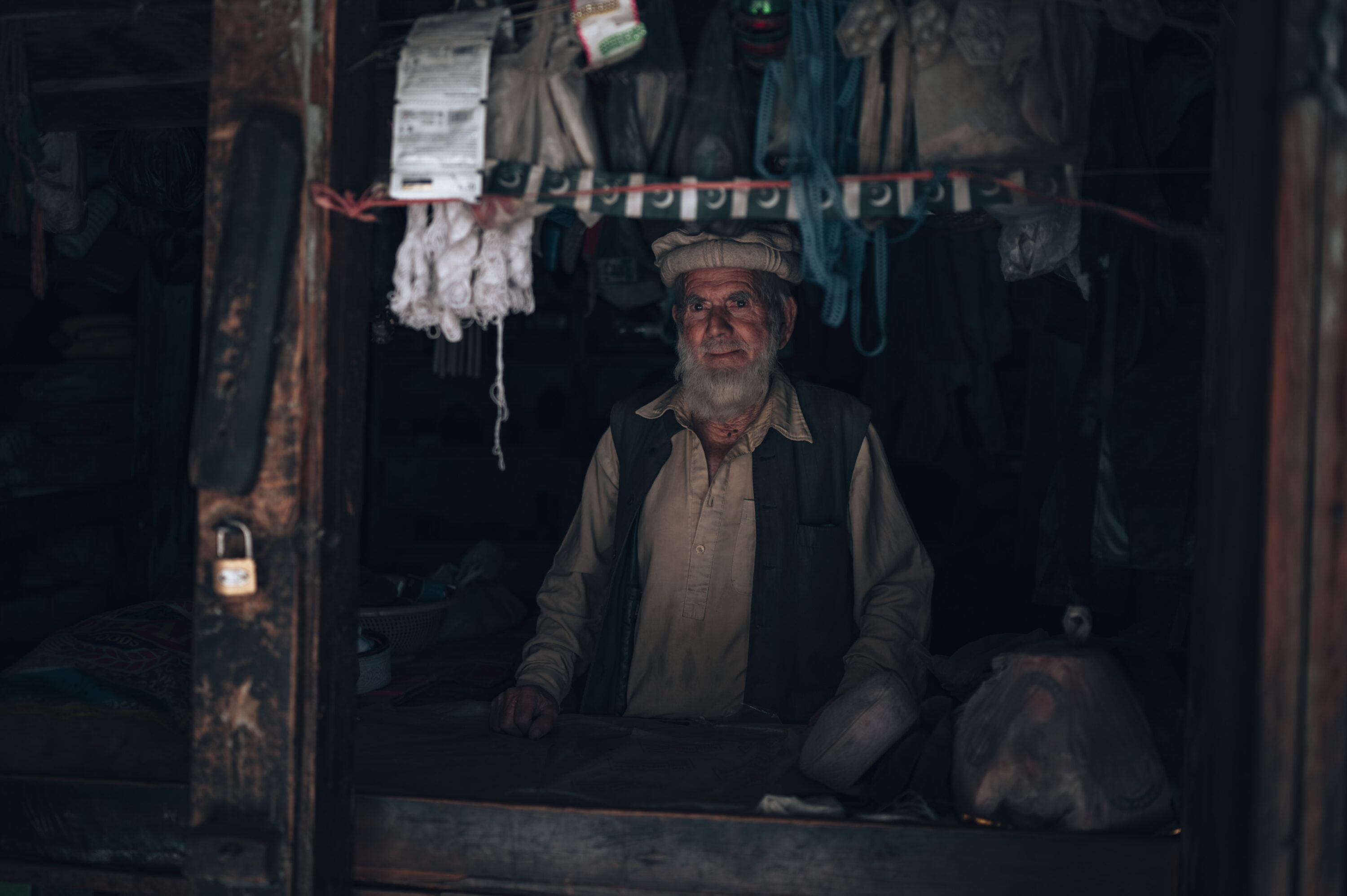
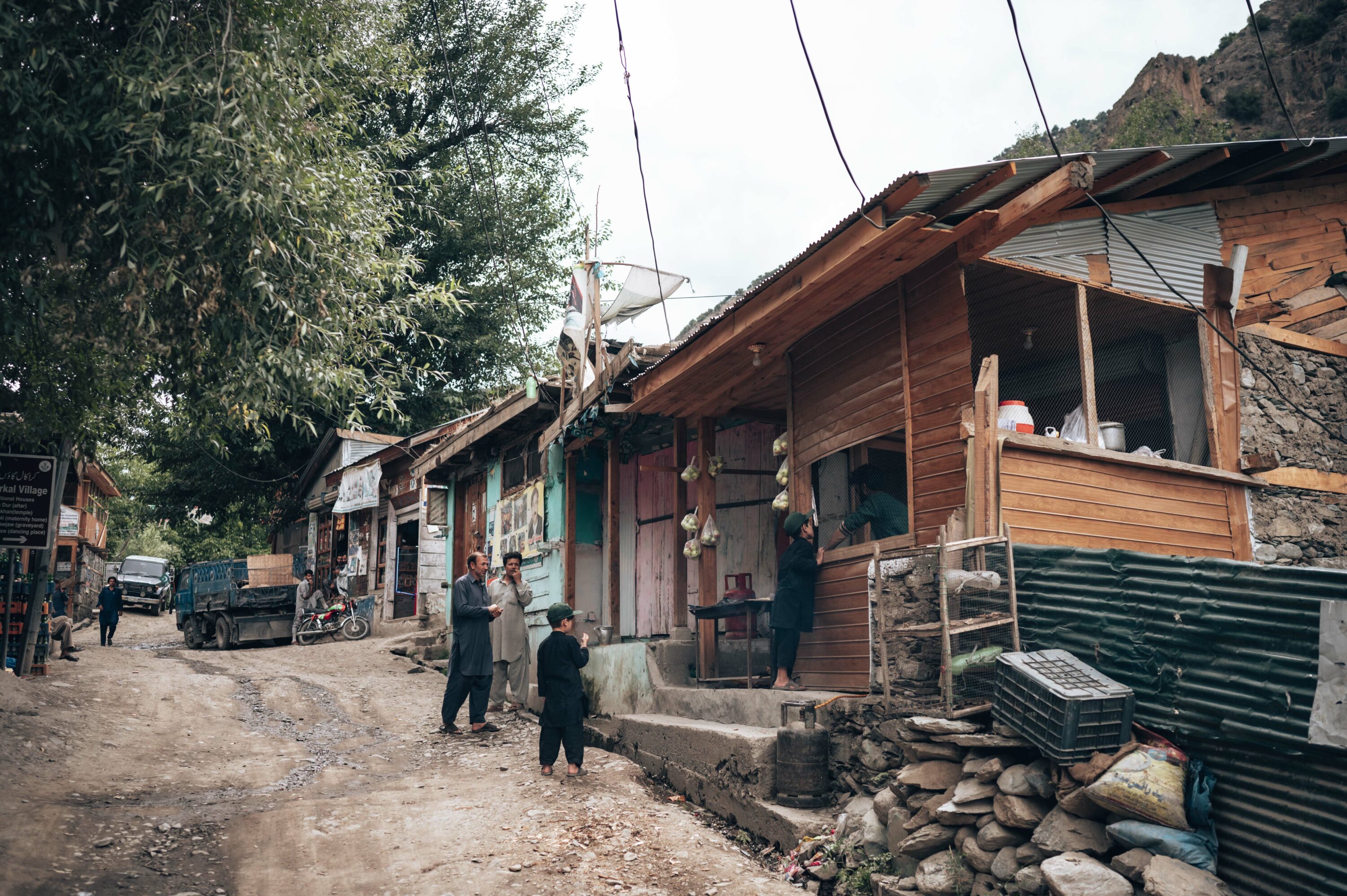
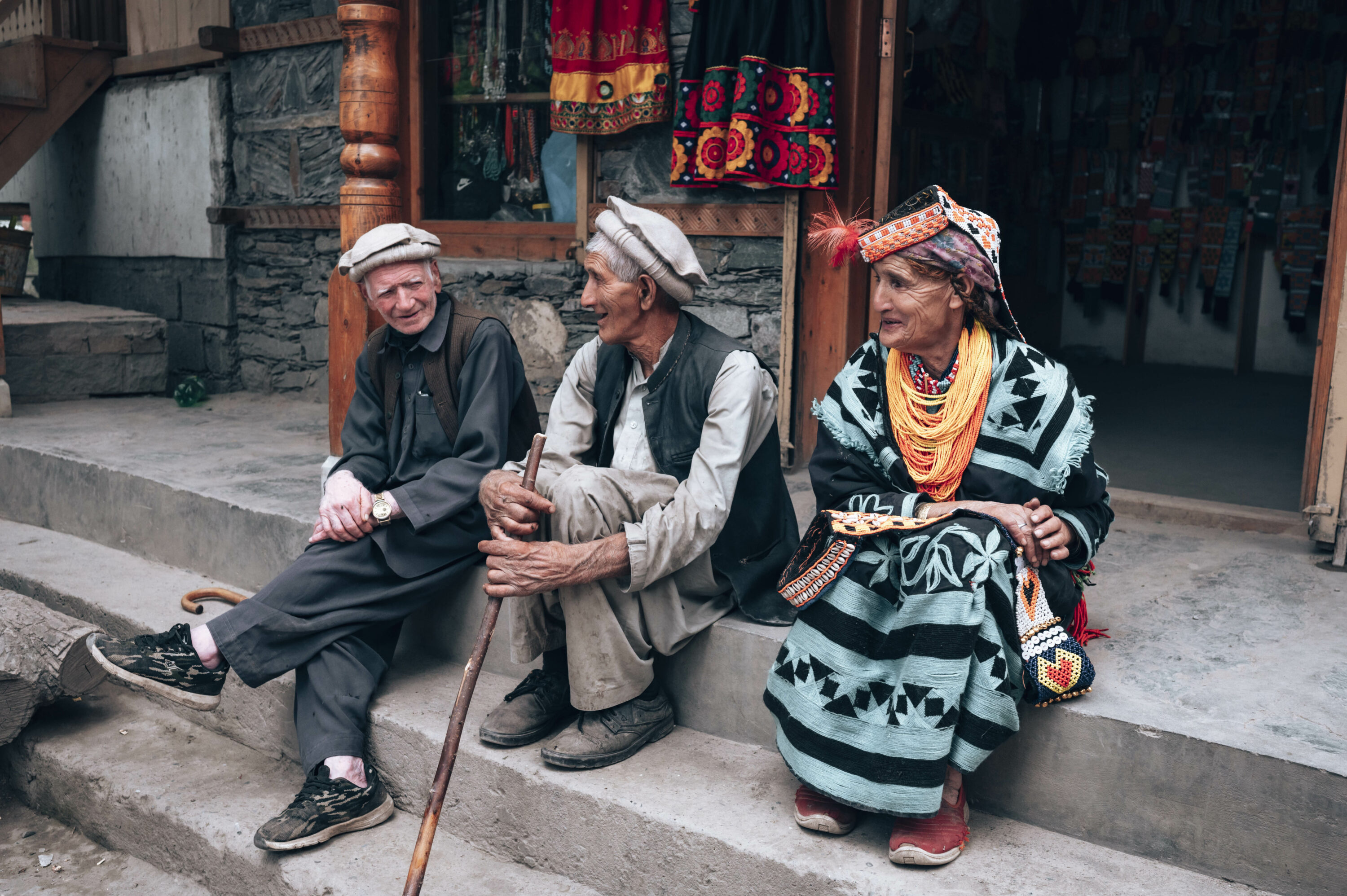

Getting to know the Kalash
We walk through the tiny streets of the last Kalash village of the valley. The further you get in the valley the closer to Afghanistan’s there live the Red Kifar, another tribe that kind of is extinct. They all converted to the Islam, by pressure. And then there is the border with Nuristan, where once the Kalash lived in abundance. But the Taliban made them leave or convert so no Kalash will be found in Afghanistan anymore. Only in the three valleys where we are now: Bamboret, Birir and Rumbur. Bamboret Valley has the most Kalash still living (about 3 to 5.000).
We get to talk to so many of the Kalash. From young girls to old ladies and boys to men. In a shop I buy a little souvenir (a bracelet – as I do everywhere) and while I walk out an old lady comes to me and gives me a big hug, she then takes me hand and leads me to her shop where she puts a shushut (a band of handwoven woollen cloth that fits over the head with a wide decorative streamer hanging down the back) on top of my head. Her eyes smile at the sight of it. It feels heavy and the ‘tail’ a bit annoying when turning my head. But I’m surprised at the fact that it doesn’t fall off easily, actually it’s situated quite well on my head.
Abdul is really a great guide. He not only answers all or questions and translates everything, he also gets us to meet the people as he knows many himself. Through him we get to meet many Kalash, talk to them and photograph them. We learn so much from conversing with him. And of course him showing us all around the villages. We get to see the temples, the graveyard (the Kalash used to burry their death above the ground, so we see some bones and a jaw), the bashali homes. We visit shops, drink tea at several places and visit the farm lands. We meet the postman, the levies and even the frontier army force. We have a fabulous day and learned so much about the Kalash. I wish we could stay here a lot longer so I could do some field research on the preservation of this beautiful tribe.
But we don’t have much time. The high peaks of Pakistan are calling and if we ever want to reach Skandur and Hunza valley before our visa expires we need to move. We have 20 more days. So the next day, after breakfast and sitting and relaxing in the sun while looking at the magnificent mountains that surround the valley we move towards Chitral. Which is only 25km but will take about 2.5 hours to reach. A long day ahead.
We hoped you’ve enjoyed learning a bit about the Kalash. If you have any questions please do ask us!
Love, Milene & Yuri
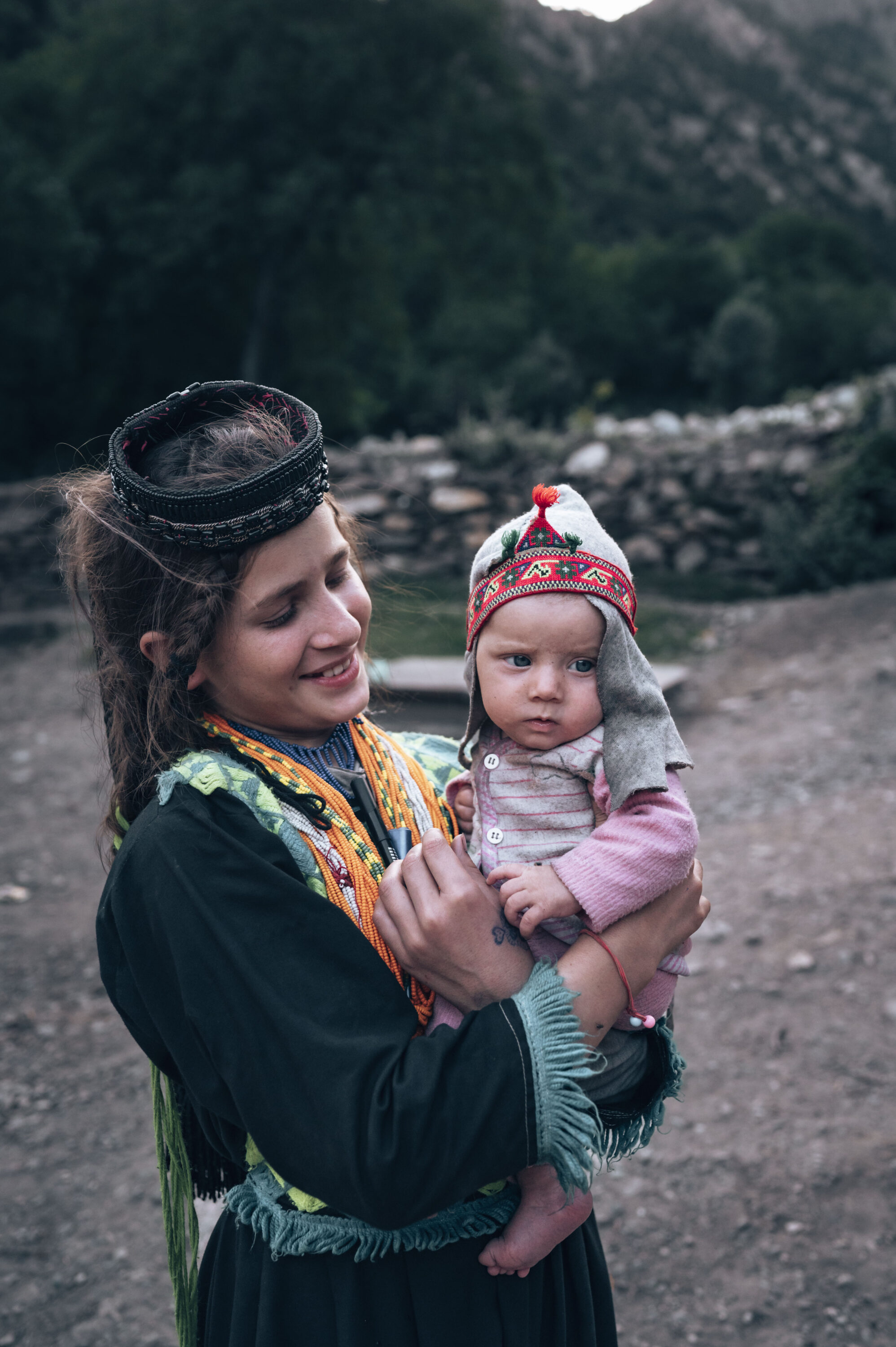


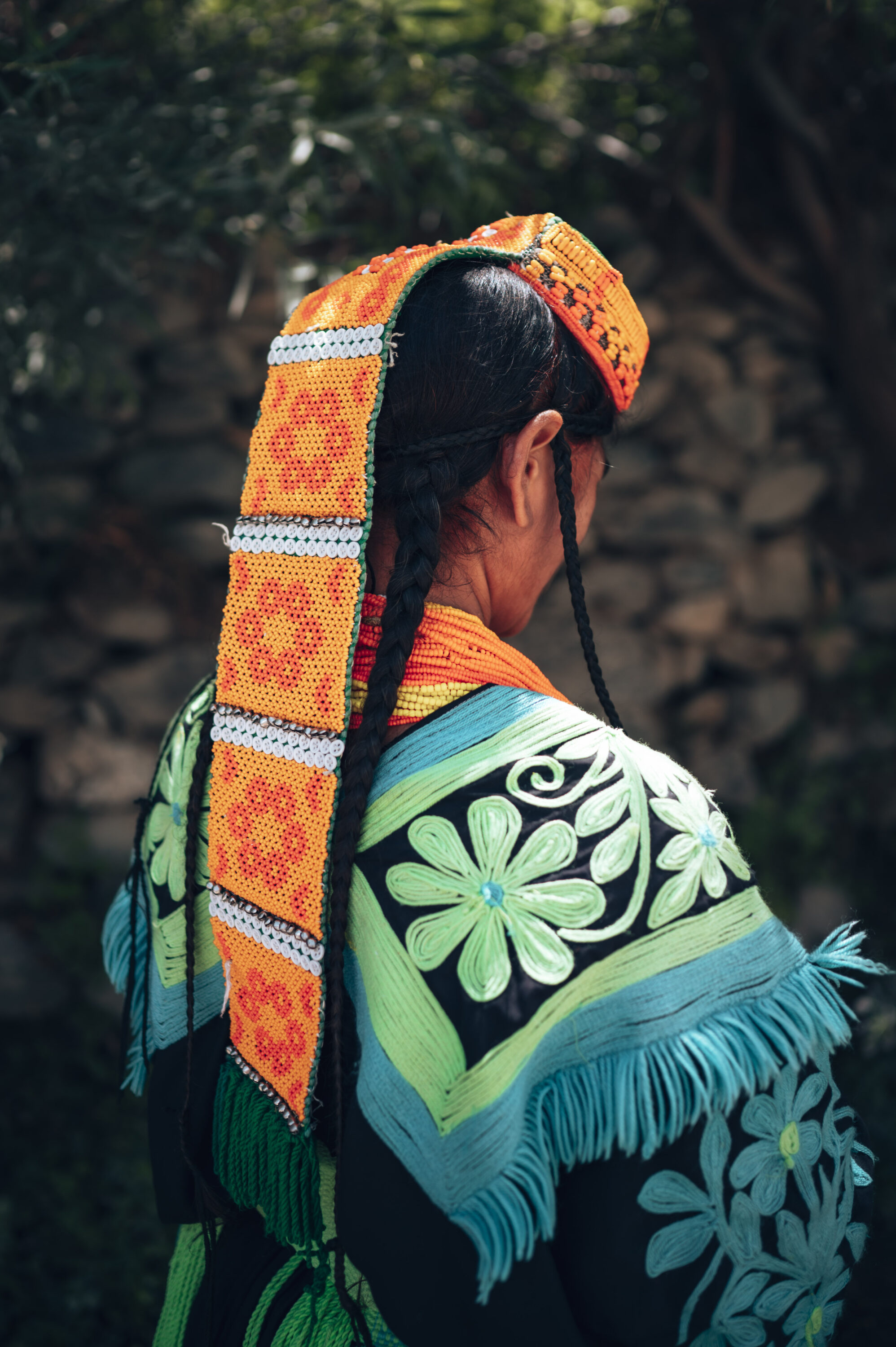
Check our latest blogs
Welcome to chaos
The most ridiculous border crossing ever
While tensions along the Pakistan – Indian border are still as high as ever, the ceremony taking place at the Wagah border makes it seem like a game.
The heart of Pakistan
We end our beautiful Pakistan trip in the heart of the country. Let’s expLahore the city of culture, spicy food and history.
